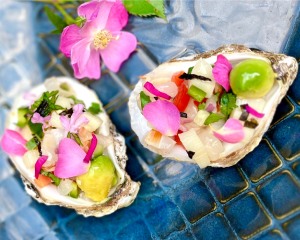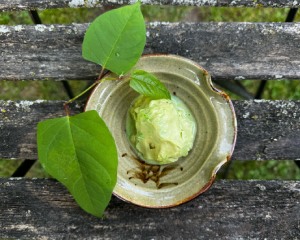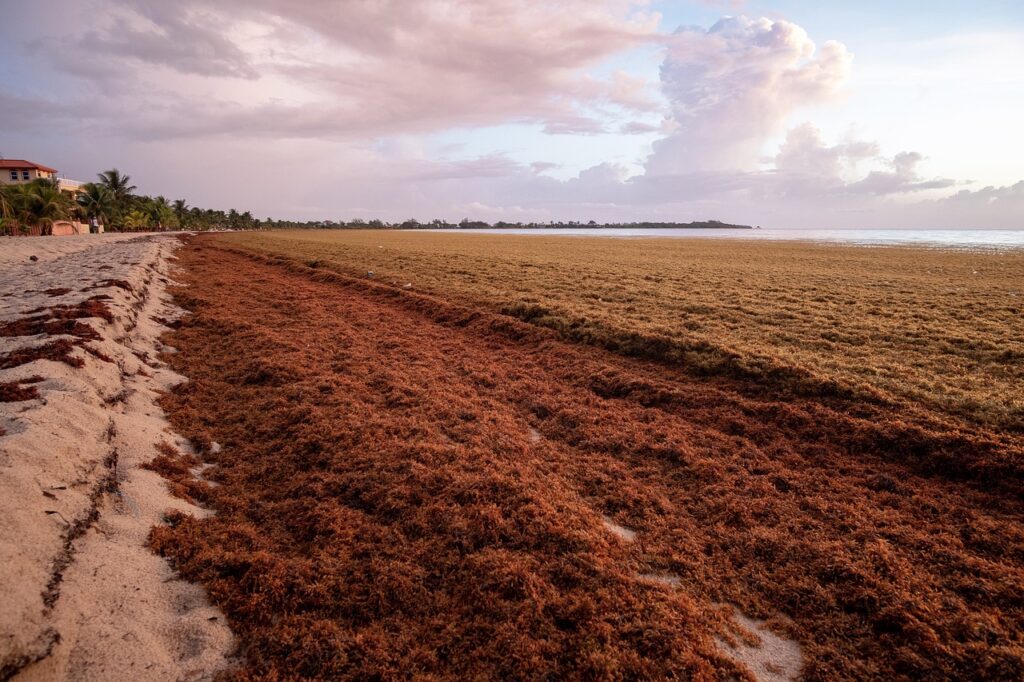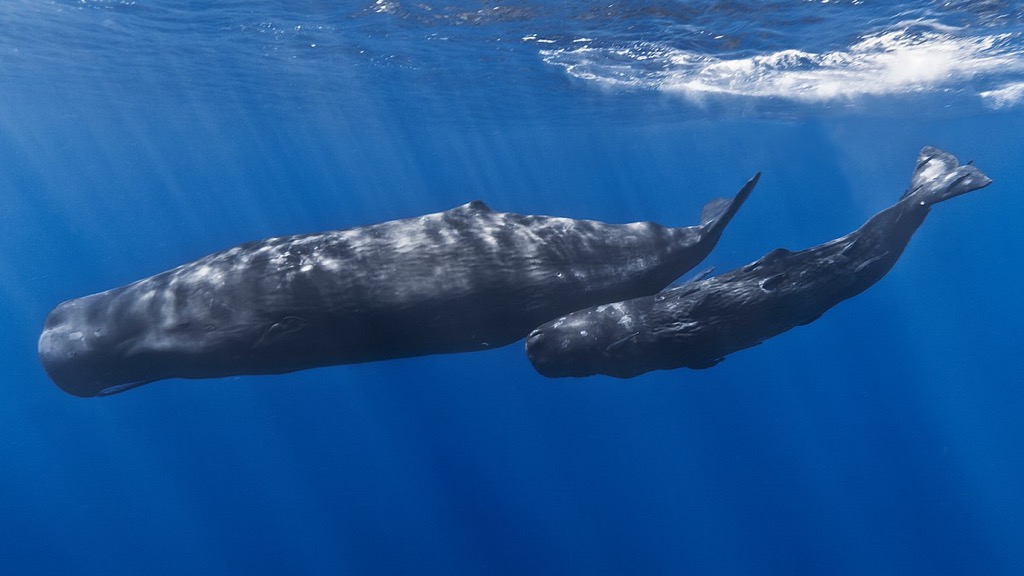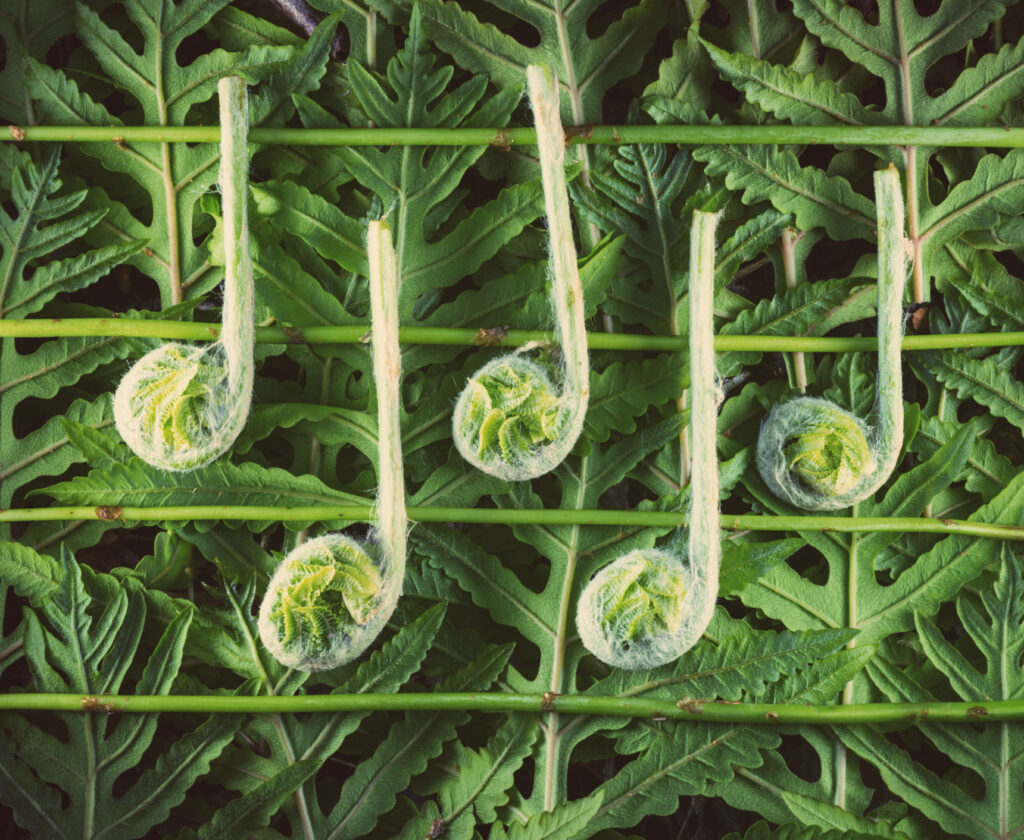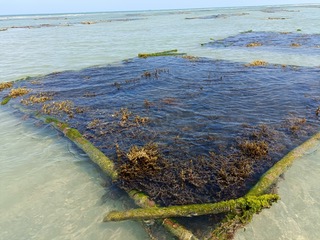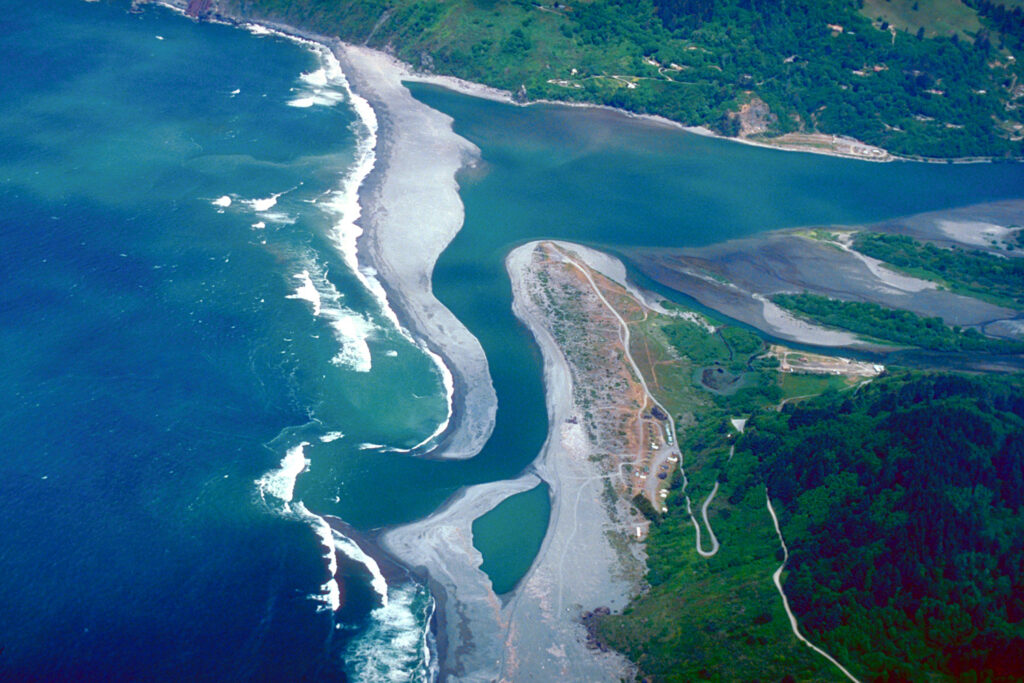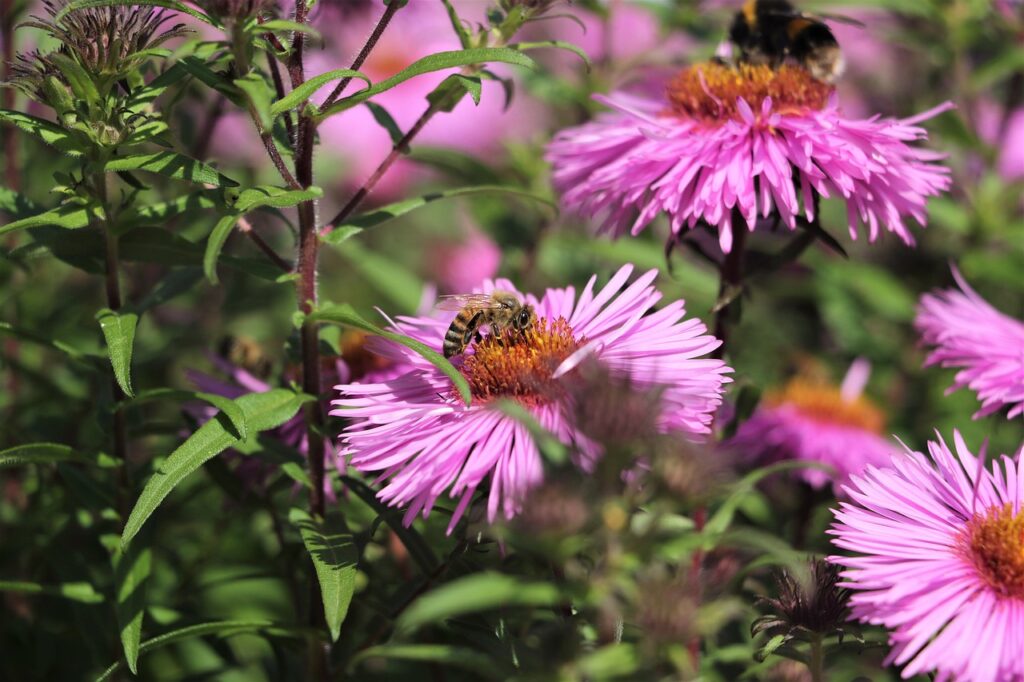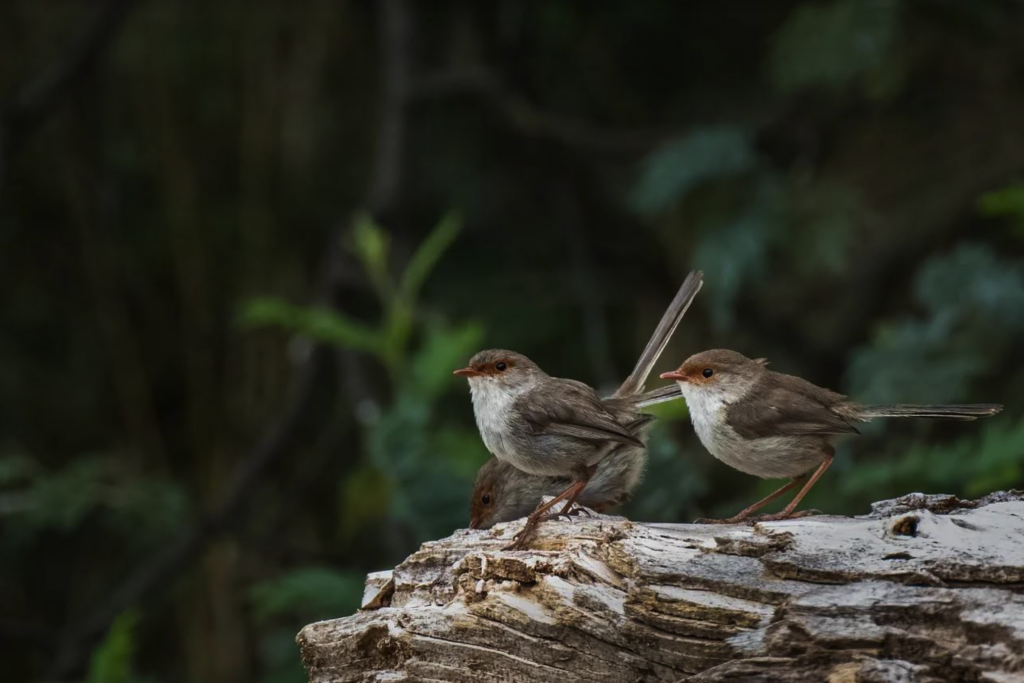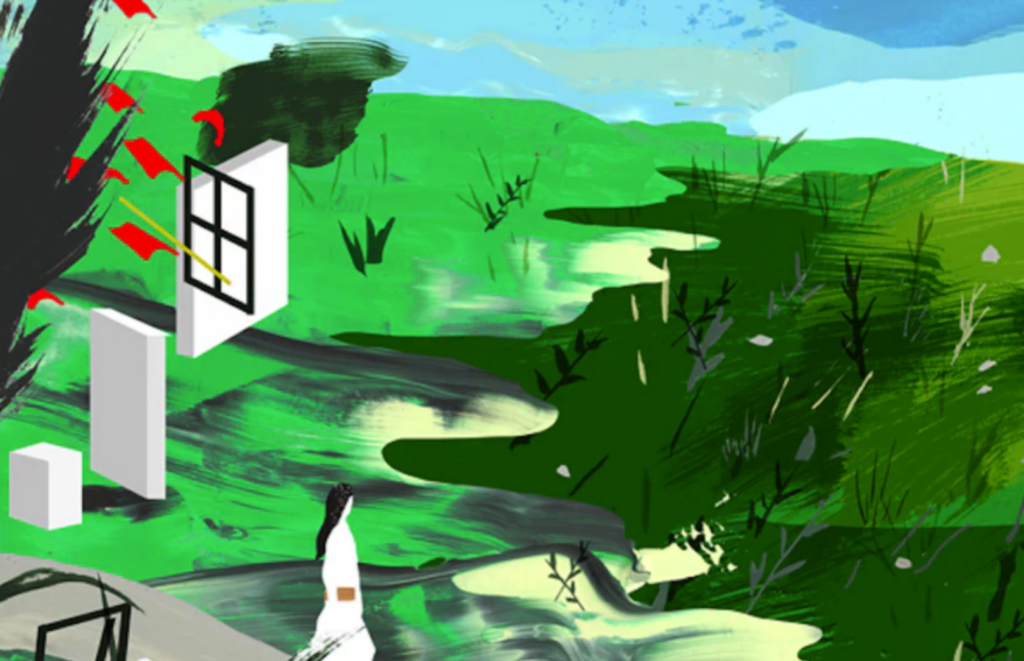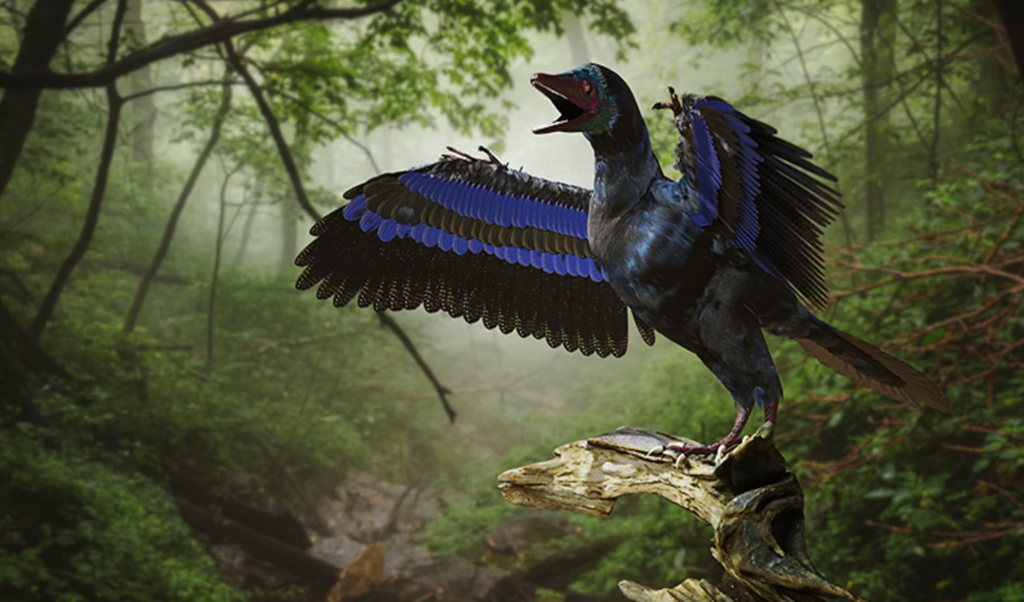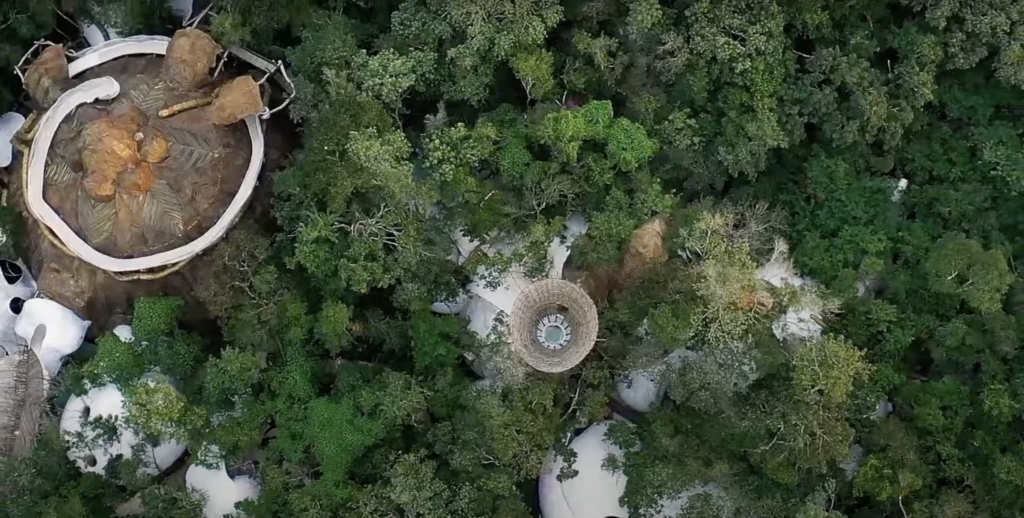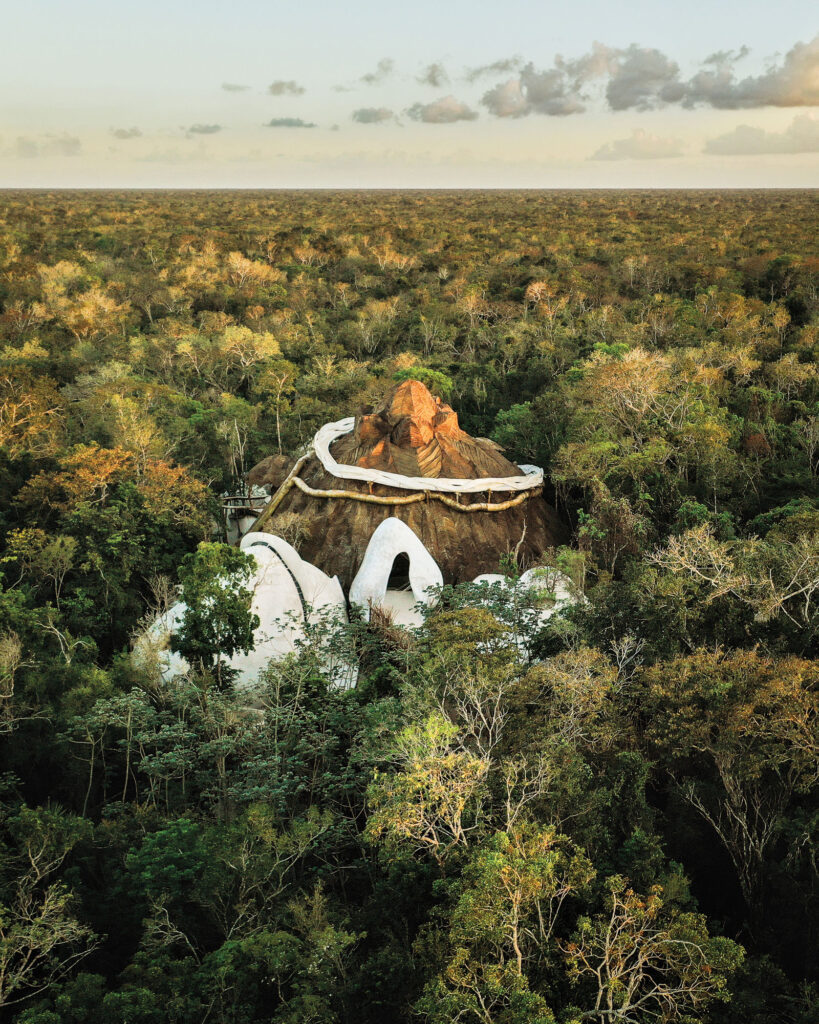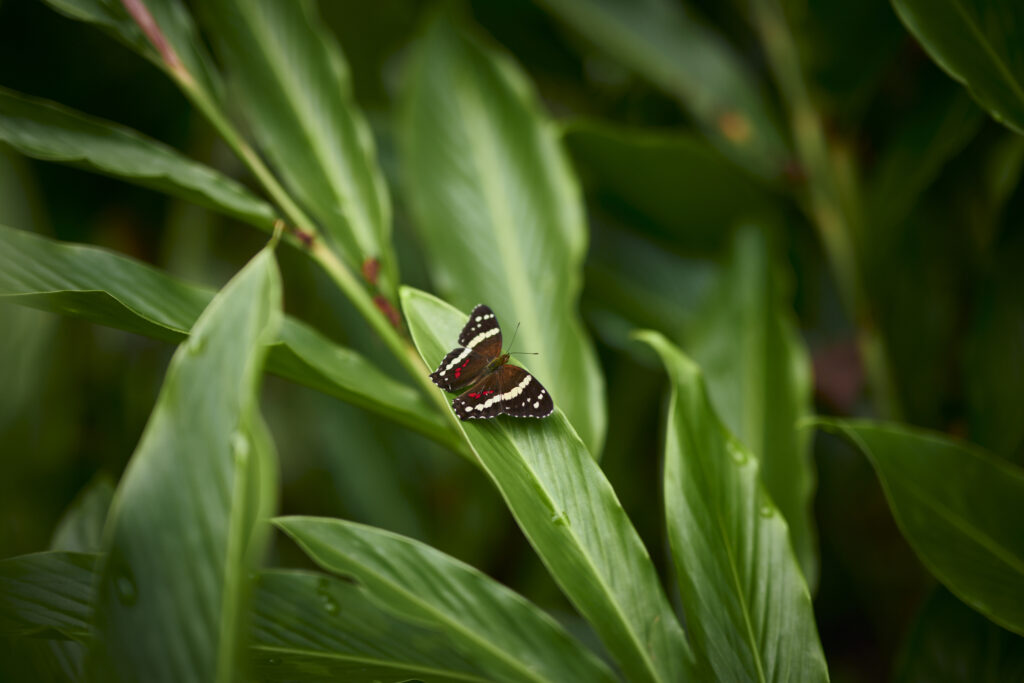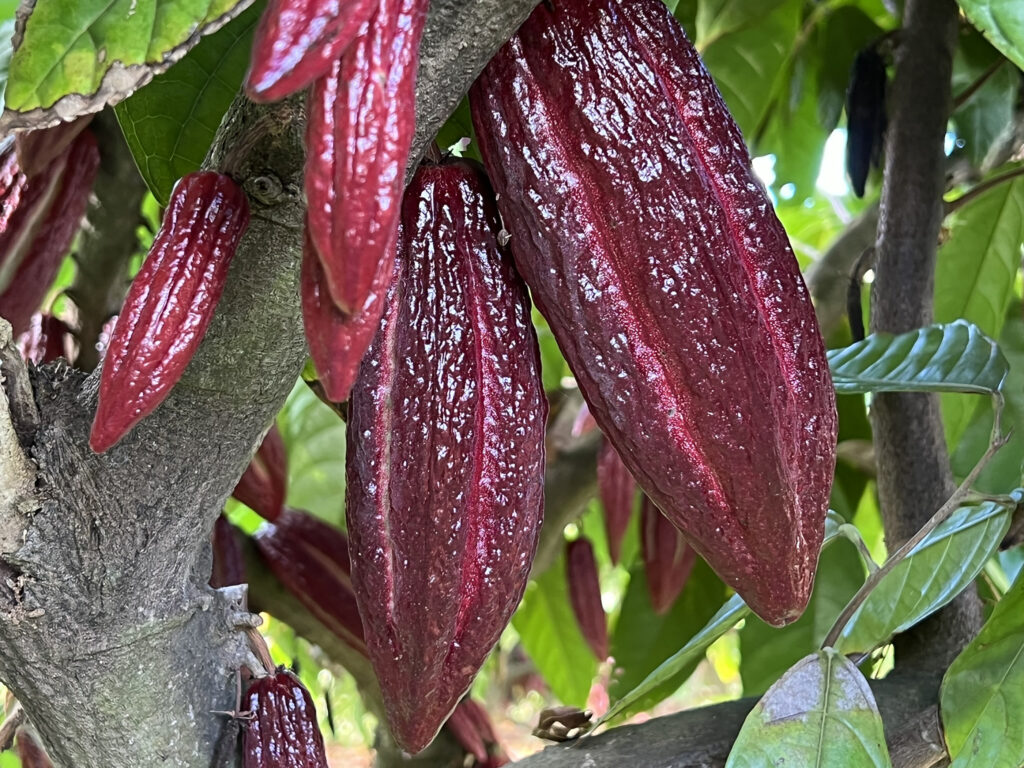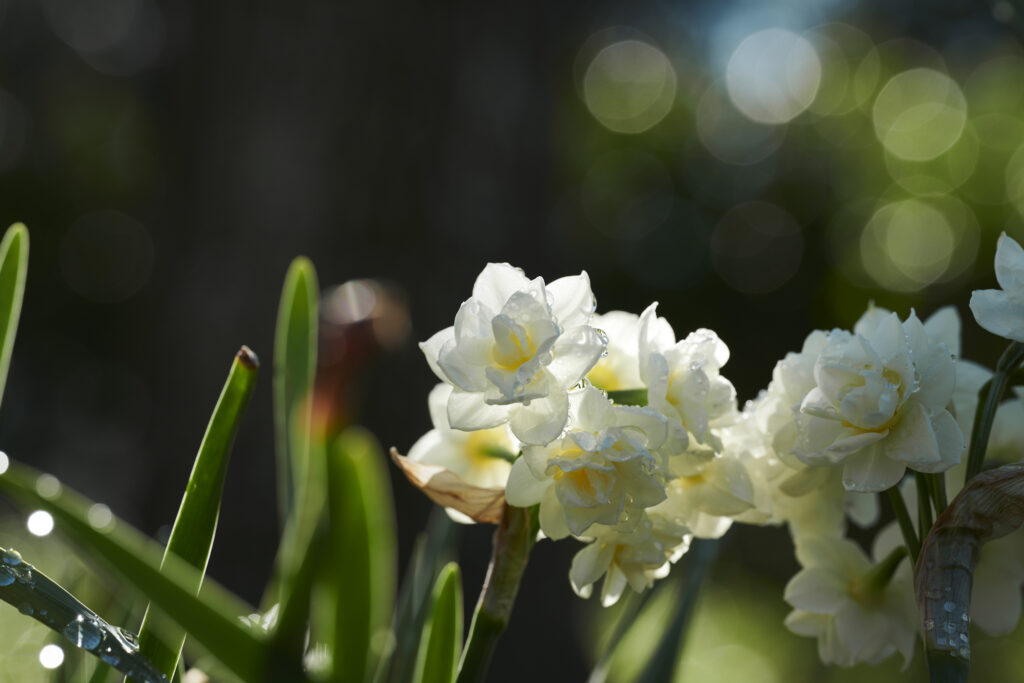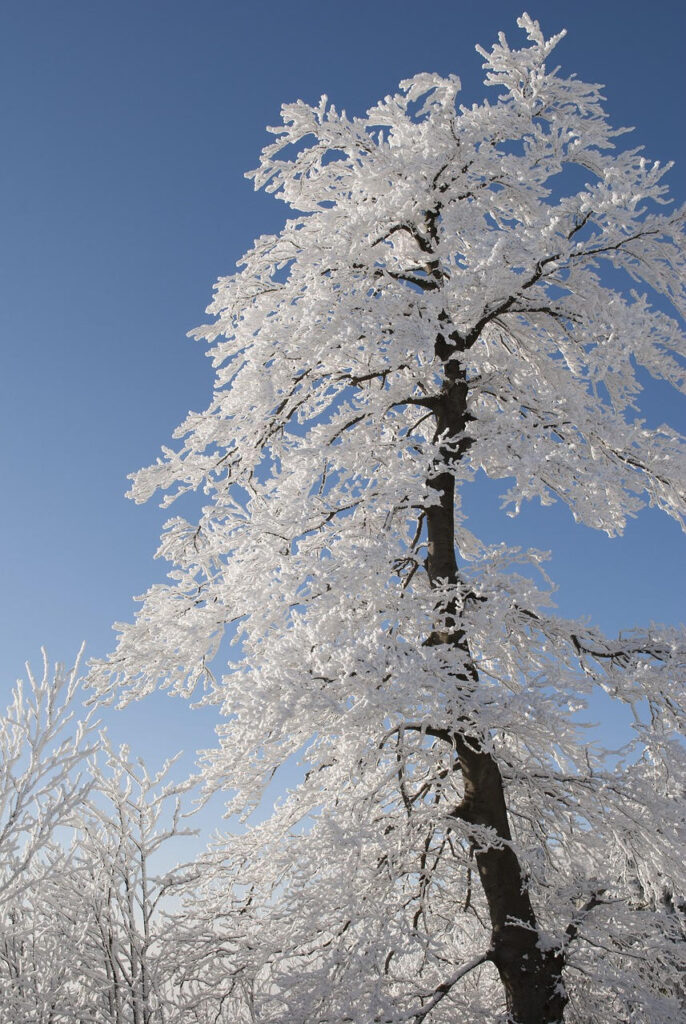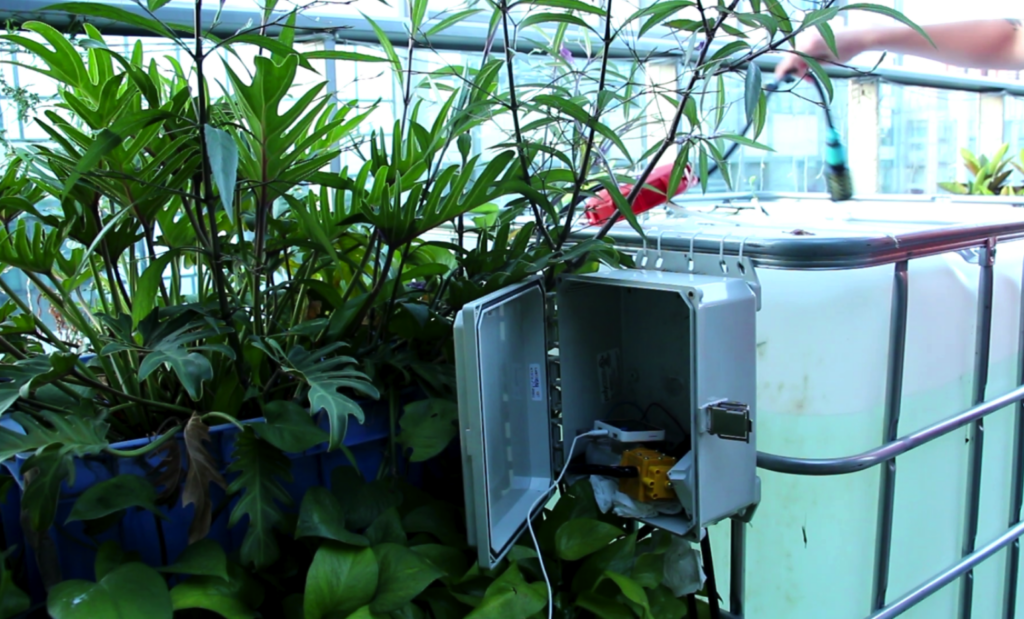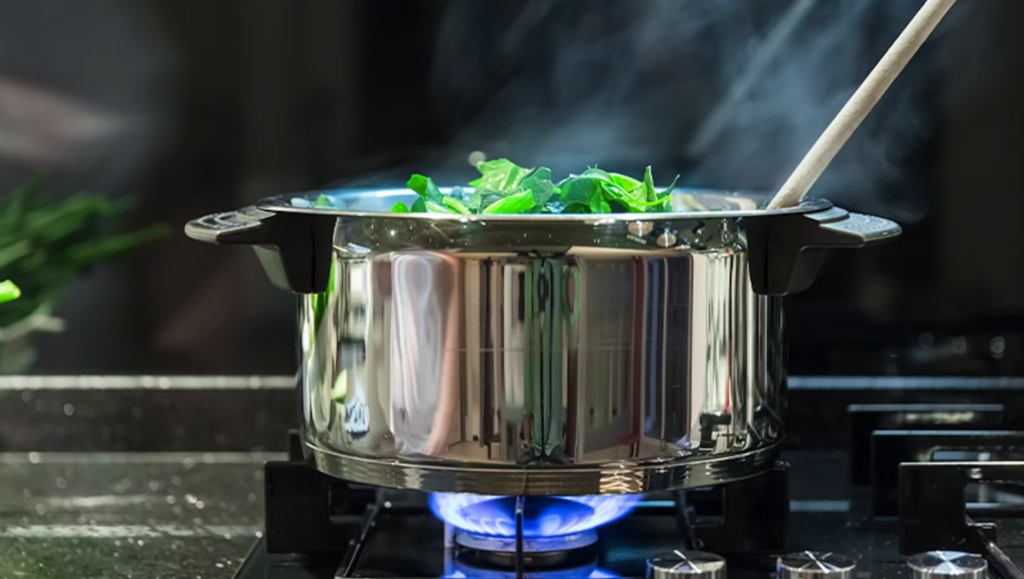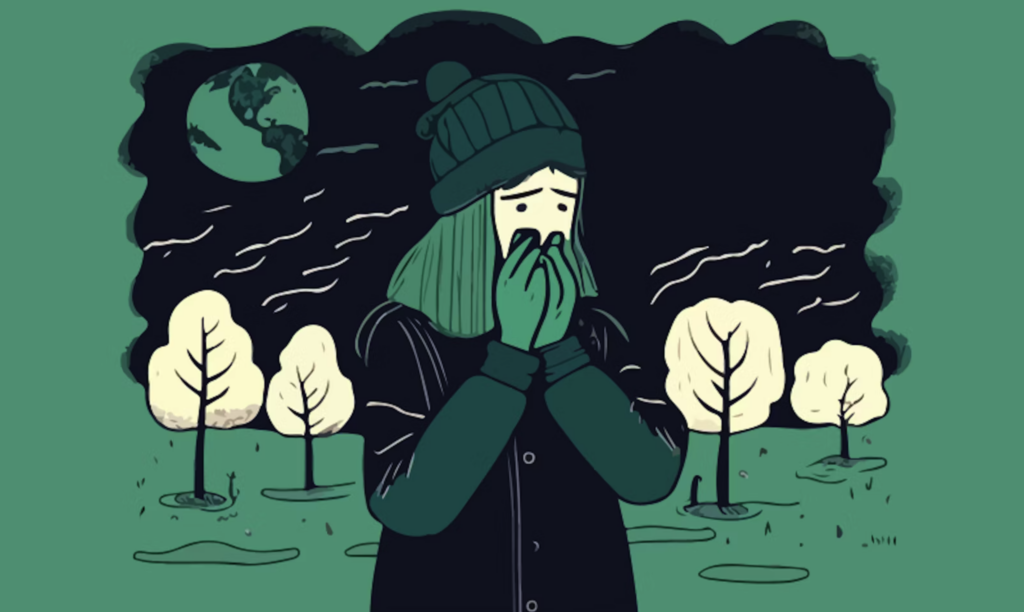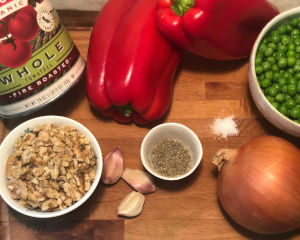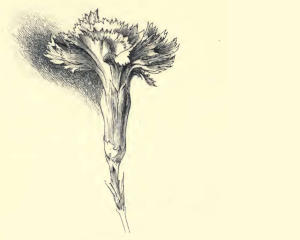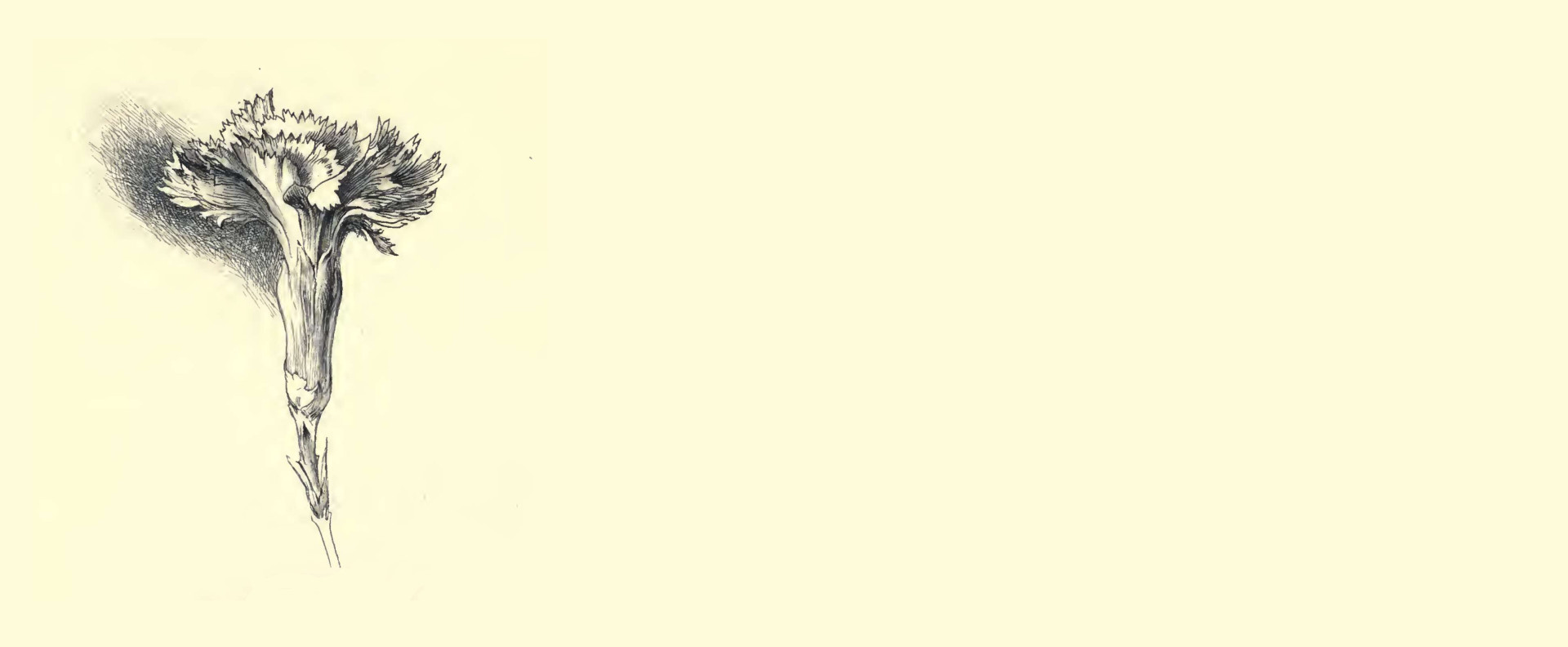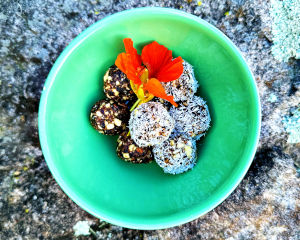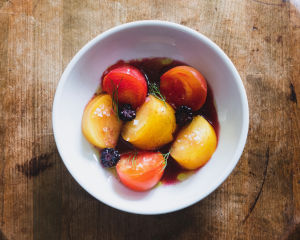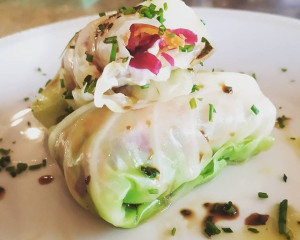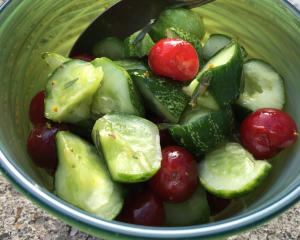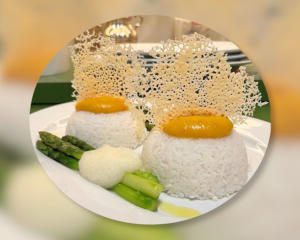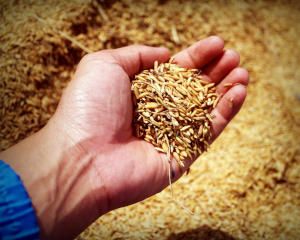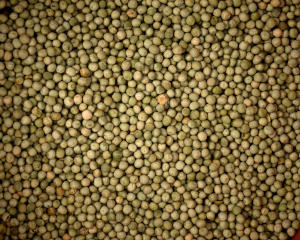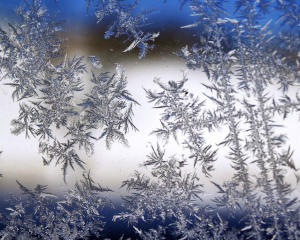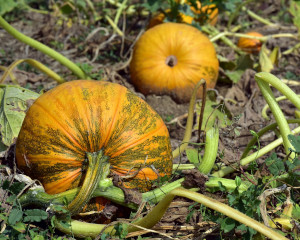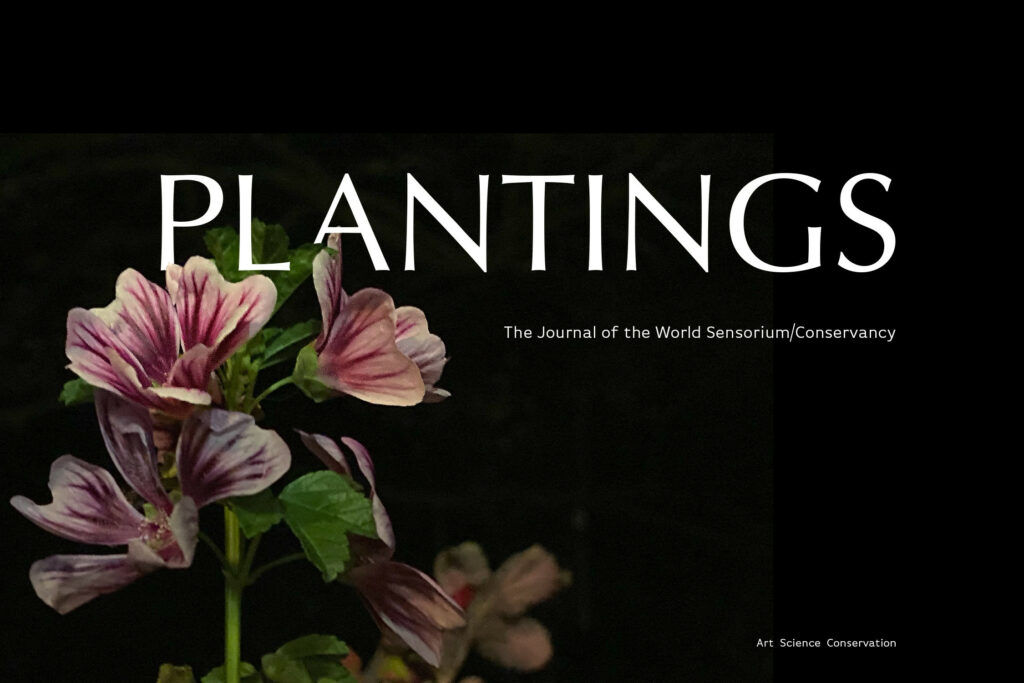
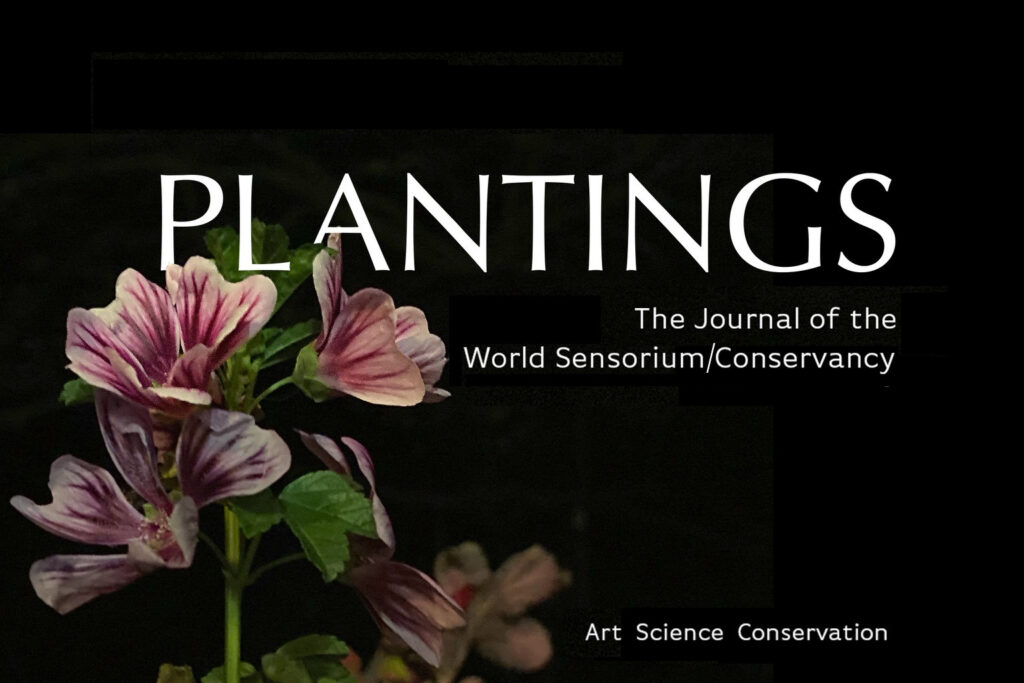
Issue 37: July 2024
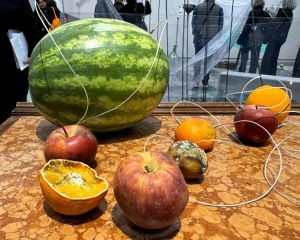
Yuko Mohri: Transforming Plant Fruit Decay into Melody and Meaning
By Gayil Nalls
July 1, 2024
Explore Yuko Mohri’s Venice Biennale installation that utilizes decaying fruit to generate movement, music, light, and scent.
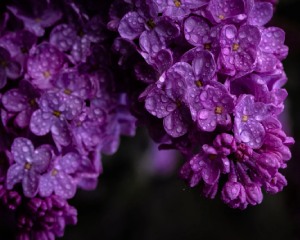
Fridays at Keller: Reflecting with Miriam Songster’s “Bloom Dates”
By David Strunk
July 1, 2024
What happens when we immerse ourselves in the floral aroma of fresh lilacs filling a New York City gallery?
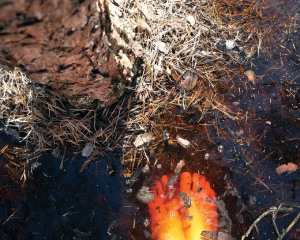
Irina Adam’s “Pitch Pine Pollen,” A Transforming Forest
By David Strunk
July 1, 2024
Irina Adam raises awareness about the critical role pollen plays in plant reproduction and its broader implications for biodiversity and ecosystem health.
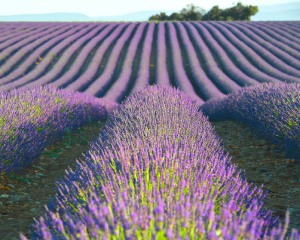
Fields of Color, Culture, and Calm
By Gayil Nalls
July 1, 2024
The fields of Lavandula angustifolia in Provence, France, are not just a visual and olfactory delight but a symbol of the region’s rich cultural heritage.
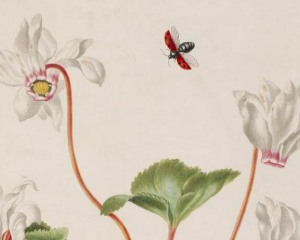
A 19th-century tale of hermaphrodite flowers, Charles Darwin, and women’s right to vote
By Rebecca Batley
July 1, 2024
Read the story of Boundary Breaker, Lydia Becker, who wrote a letter to Darwin and later advocated for more equity between the human sexes… Three words jumped out at Darwin: “unique … bisexual flowers.”
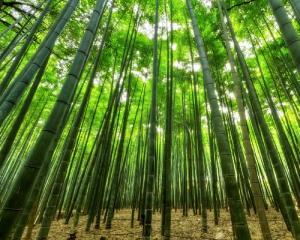
Ecologists Can’t Beat Invasive Species, So They’re Joining Them
By Lorraine Boissoneault
July 1, 2024
Few researchers know the trials of combatting invasive species better than botanists Susan Cordell and Becky Ostertag, who just published a “sobering” report of their decade-long battle against invasives in Maui.
Eat More Plants: Recipes
Lychee Ceviche with Rose Petals
By Culinarian Mary Munro
July 1, 2024
Ceviche is a delightful dish, perfect for warm summer evenings. Traditionally made with fish, this easy vegan variation features the subtle brine of hearts of palm paired magically with lychee.
Issue 36: June 2024
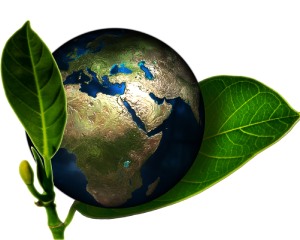
World Sensorium: Mapping the Cultural Heritage of Aromatic Plants
By Gayil Nalls
June 1, 2024
Learn about the profound impact of aromatic plants on human behavior, culture, and heritage.
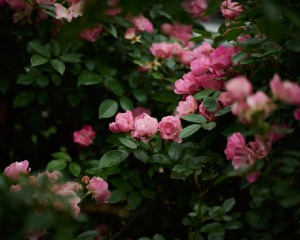
Viriditas: Musings on Magical Plants—Rosa spp
By Margaux Crump
June 1, 2024
Explore the enduring magico-medical history of the rose.
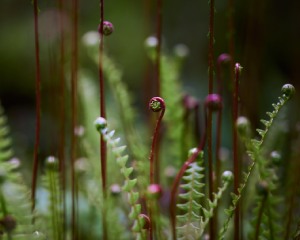
I Think, Therefore I Relate
Photographs and words by Jake Eshelman
June 1, 2024
It’s one thing to think about ecology, and another entirely to think ecologically.
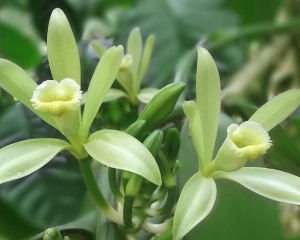
The Boy Who Was King of Vanilla
By Elena Kazamia
June 1, 2024
Read the story of a 12-year-old enslaved boy named Edmund Albius who discovered the process that’s still used to pollinate vanilla today.
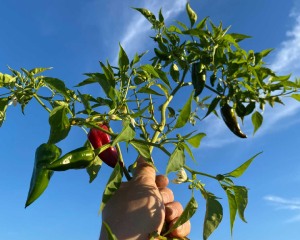
Learning to Grow with The Hampton’s Pepper Professionals
By Ian Sleat
June 1, 2024
Farmers, Greg Kessler and Lauren Jarvis tell us about various growing processes, flavor profiles, and the concept of farming as a social practice.
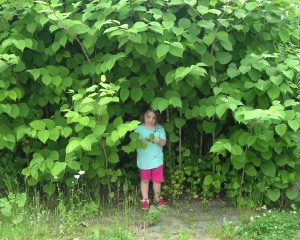
The Dual Nature of Japanese Knotweed
By Gayil Nalls
June 1, 2024
Is it possible to transform this dangerously invasive plant into a valuable resource?
Eat More Plants: Recipes
Japanese Knotweed Sorbet
By Gayil Nalls
June 1, 2024
Beat the heat and combat invasive species by making this month’s recipe.
Issue 35: May 2024
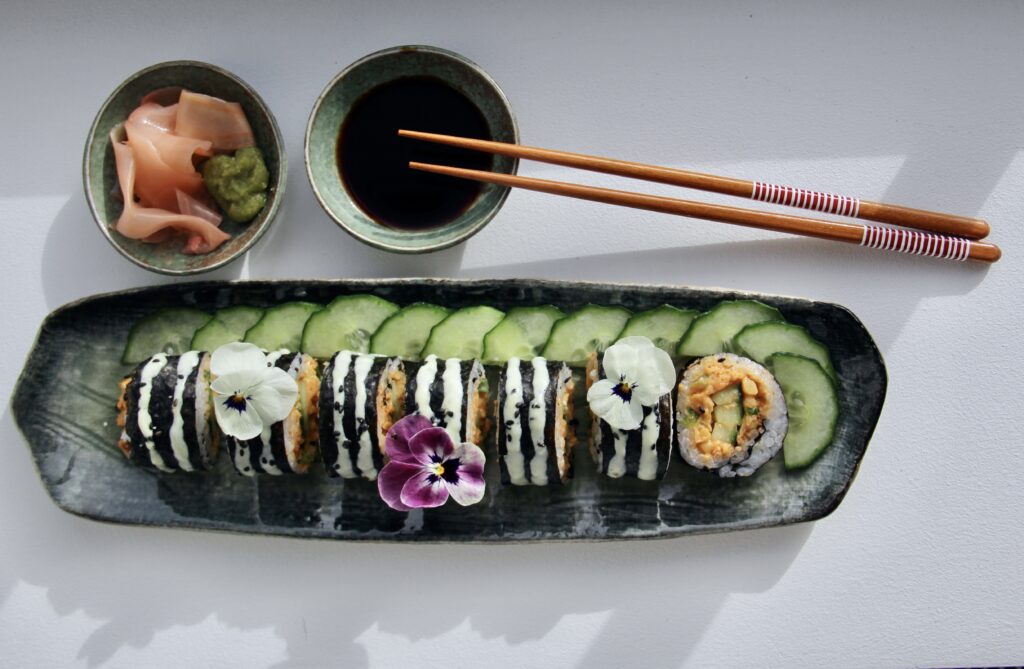
Eat More Plants: Recipes
Spicy Maki
May 1, 2024
We are particularly smitten with Adeline Jadot and her eco-contribution of Spicy Maki to Eat
More Plants this month. It not only resonates with our Ocean focus, but the artist also has a lot of radical ideas about food. Join Adeline Jadot in savoring the flavors of compassion and
sustainability.
Issue 34: April 2024
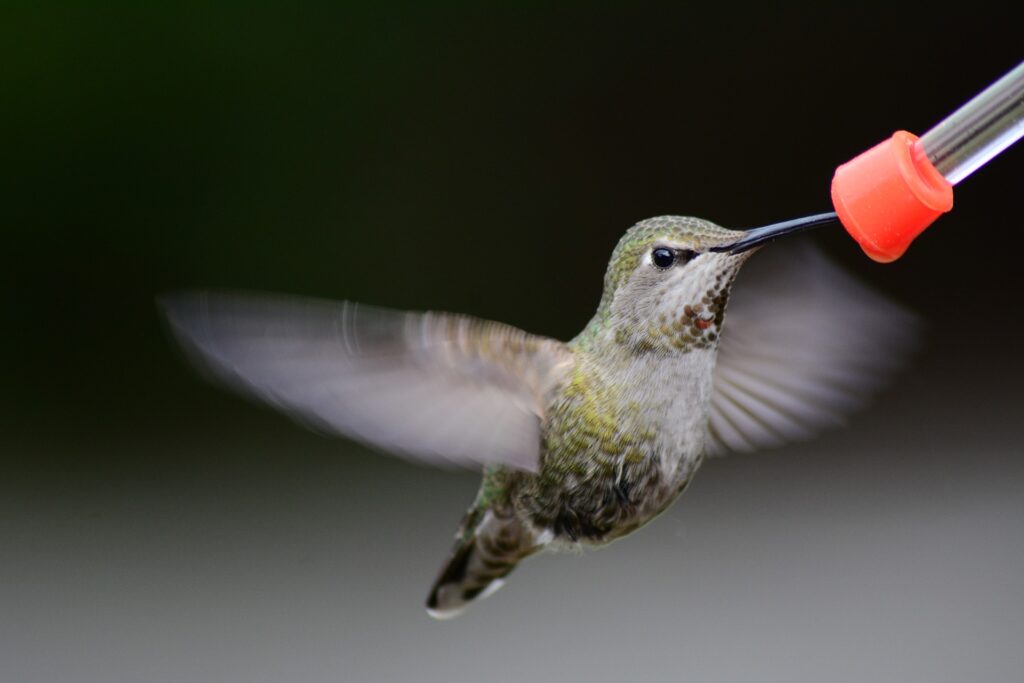
It’s OK to feed wild birds – here are some tips for doing it the right way
by Julian Avery
April 1, 2024
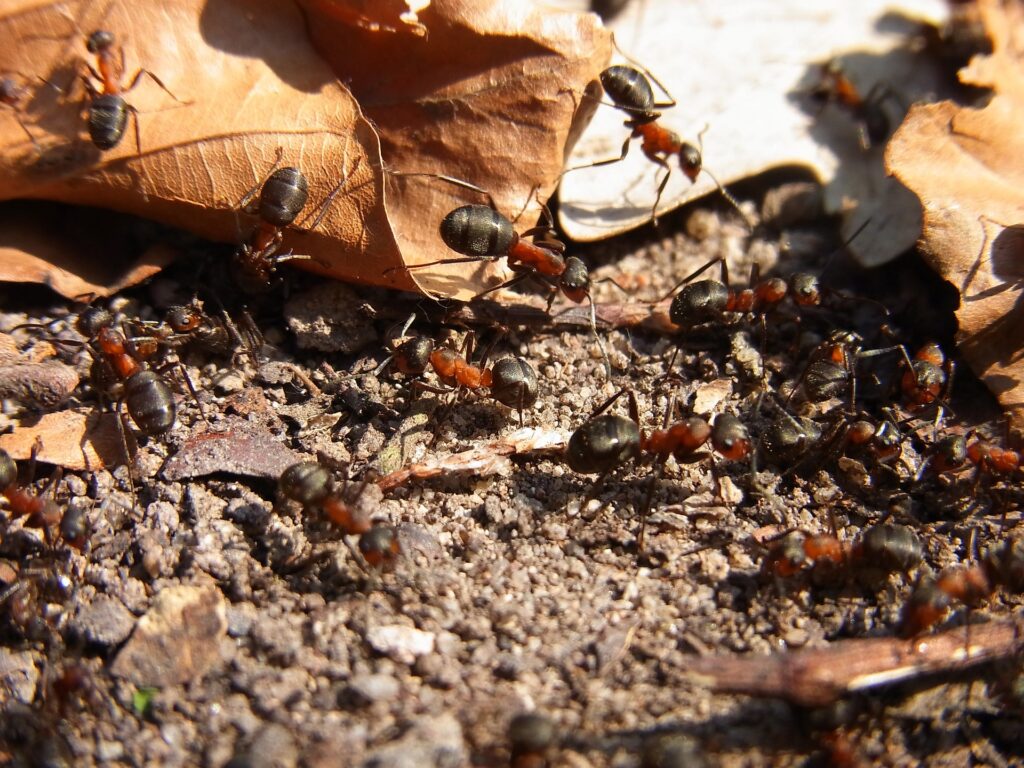
Birds, Plants and Ants: An Evolutionally Holistic Relationship
by Gayil Nalls
April 1, 2024
Read More →

Eat More Plants: Recipes
Bucatini with Chestnut Mushrooms and Pea Tendril Pistou
March 1, 2023
Chef Wyatt Anthony Piazza, executive chef of vegetable-forward Philadelphia Restaurant, Kiddo, shares the recipe for one of his pasta dishes. Bucatini with Chestnut Mushrooms and Pea Tendril Pistou is a favorite at Kiddo and is vibrant in both taste and color.
Issue 33: March 2024
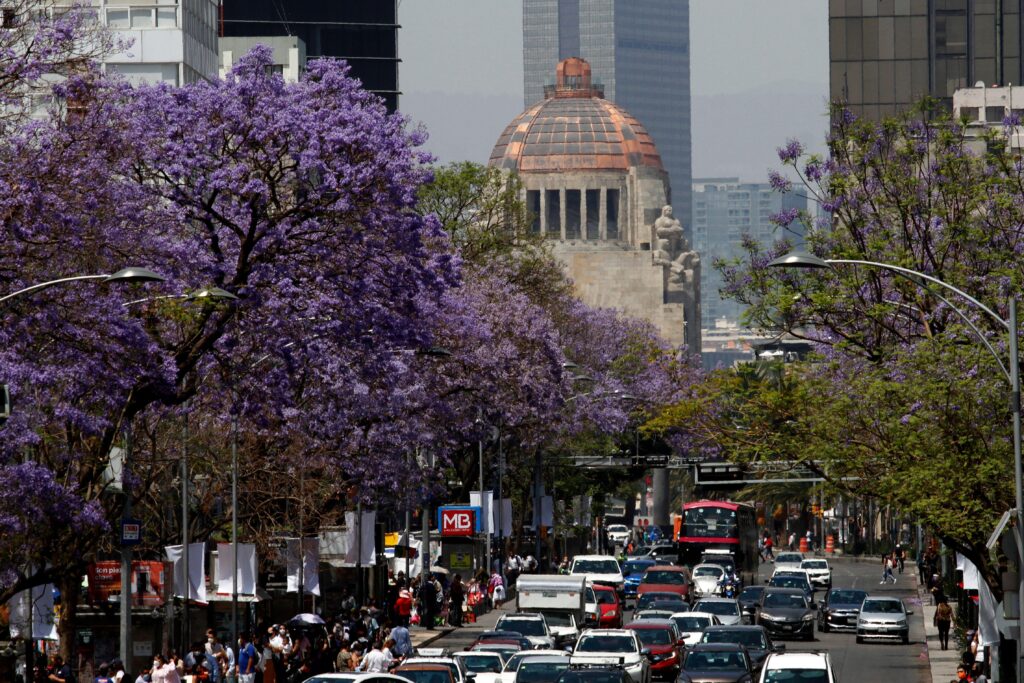
Purple Spring: The Enchanting Blossom Explosion of Jacaranda Trees in Mexico City
by Gayil Nalls
March 1, 2024
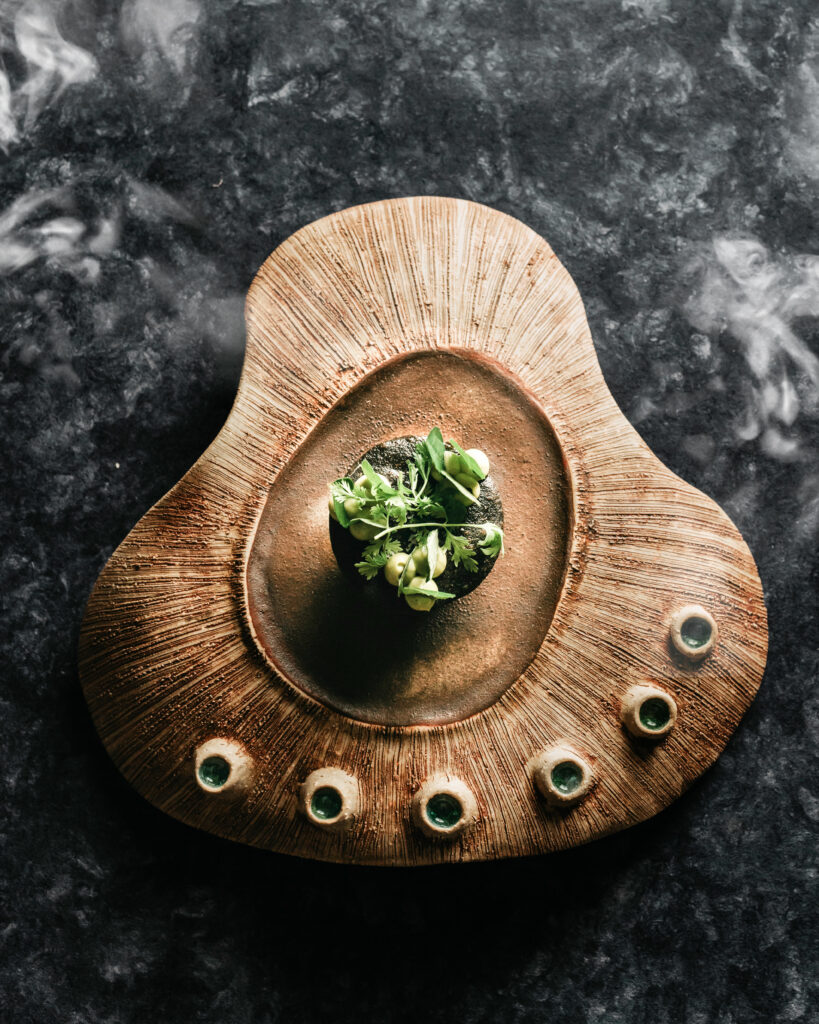
Eat More Plants: Recipes
Organic Spinach and Vegetable Empanada
March 1, 2023
Spinach dough filled with organic vegetables au gratin and vegan coconut cheese. Over seasoned creole bean puree and served with ajillo paste (not spicy). Garnished with dots of creamy avocado and circles of fresh holy leaf, caviar quenelle, and sprouts from our garden.
Issue 32: February 2024
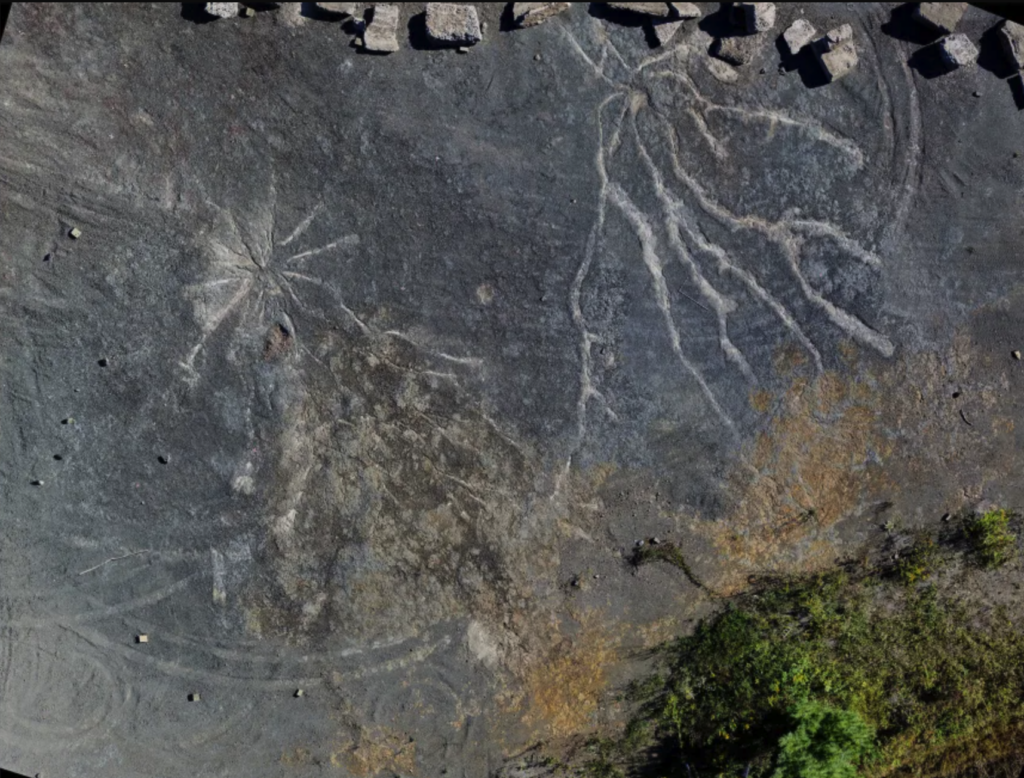
Unearthing The Oldest Forest on Earth: Two Hours from New York City You Can Travel Back in Time
by Gayil Nalls
February 1, 2024
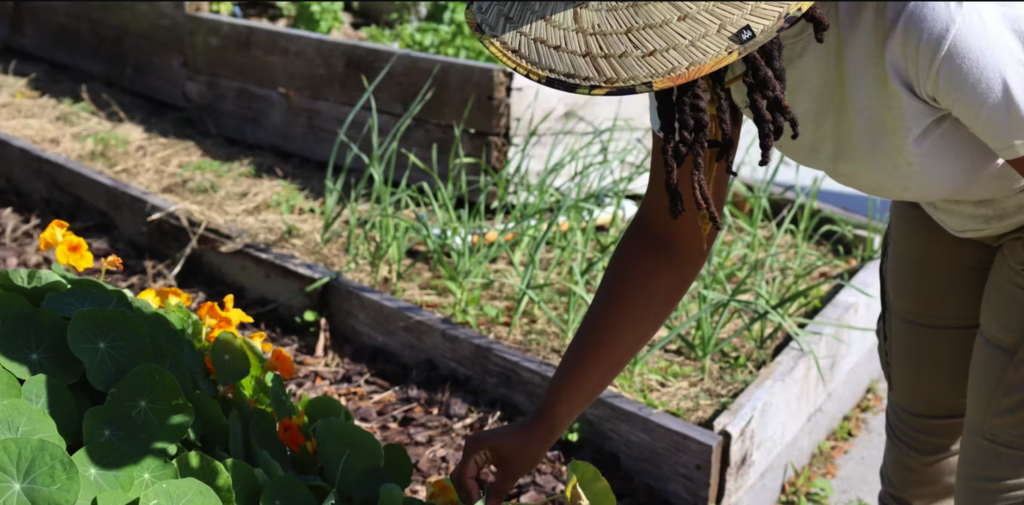
Urban agriculture isn’t as climate-friendly as it seems – but these best practices can transform gardens and city farms
By Jason Hawes, Benjamin Goldstein and Joshua Newell
February 1, 2024
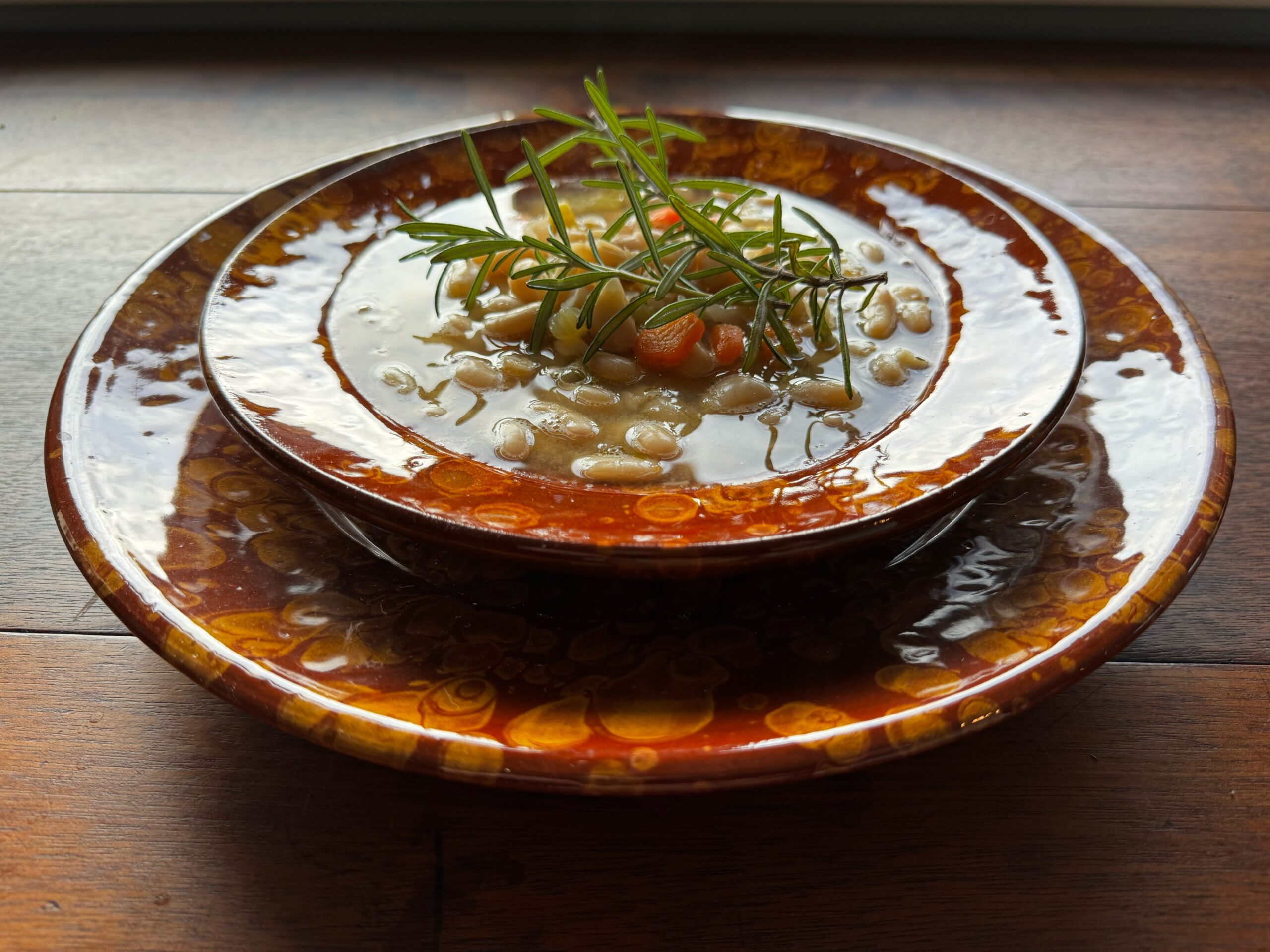
Eat More Plants: Recipes
White Bean Soup with Rosemary
February 1, 2023
Starting with a medley of fresh celery, onions, carrots, garlic, and an abundance of fragrant herbs, I tailor the quantities based on whether the soup is intended for pure enjoyment or to serve as a revitalizing elixir.
Issue 31: January 2024
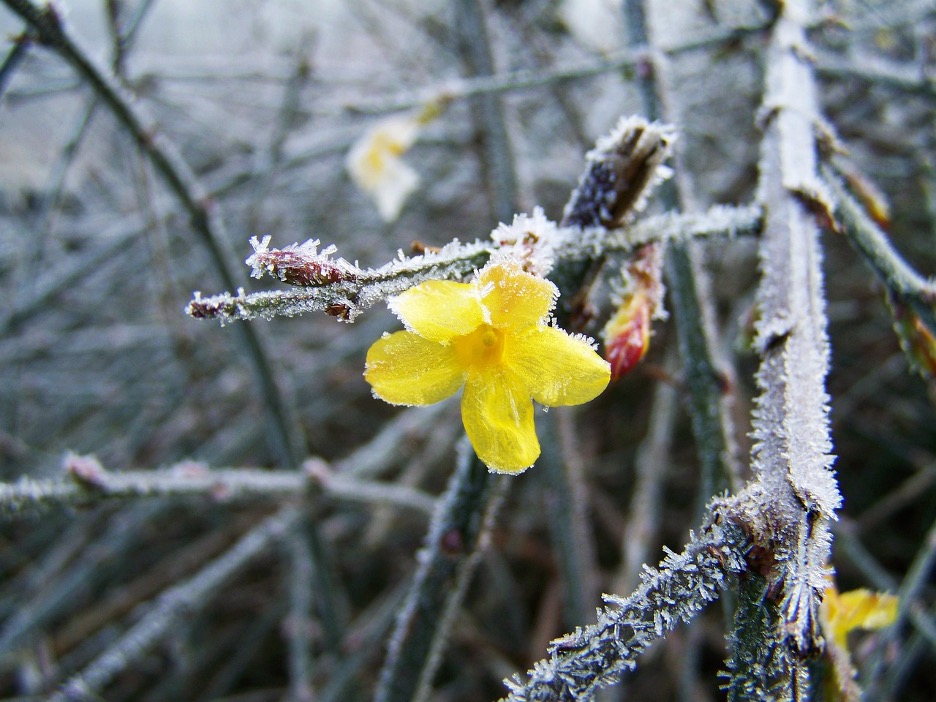
Three Poems for The New Year
by Vinicius G. Lindoso
January 1, 2023
Three Haiku poems offering a mindful experience of nature for the New Year.
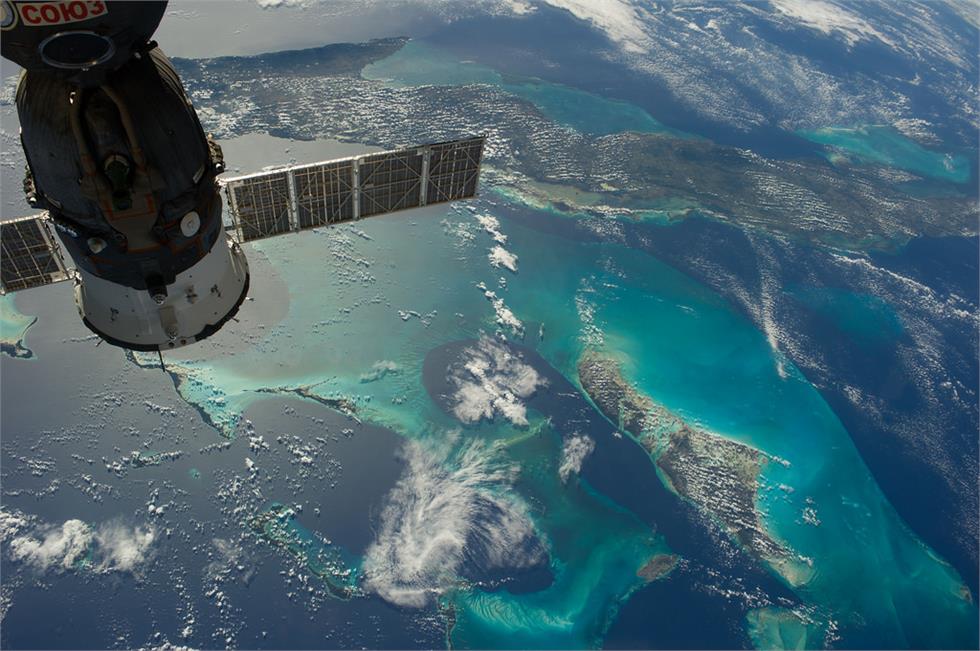
Astronaut Nicole Stott’s Earthrise Moment
By Gayil Nalls
January 1, 2023
In this interview, former astronaut Nicole Stott, draws insightful parallels between the collaborative problem-solving dynamics of space missions and the challenges we face on Earth.
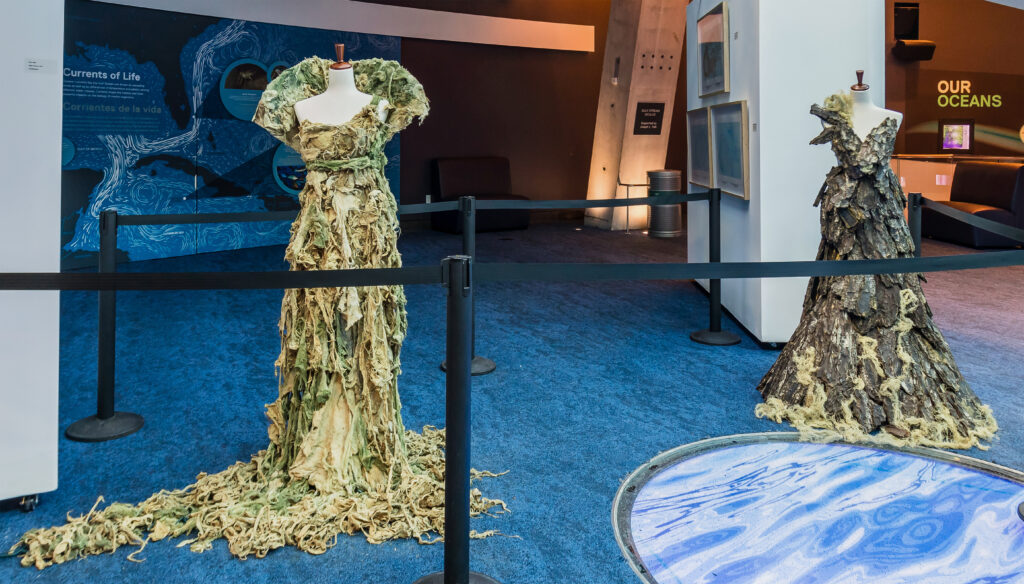
Biocouture: Are Aquatic Plants the Future of Sustainable Fashion?
By Runa Ray
January 1, 2023
As fashion industries seek more sustainable alternatives to their current environmental transgressions, aquatic plants emerge as promising options with exciting aesthetics.
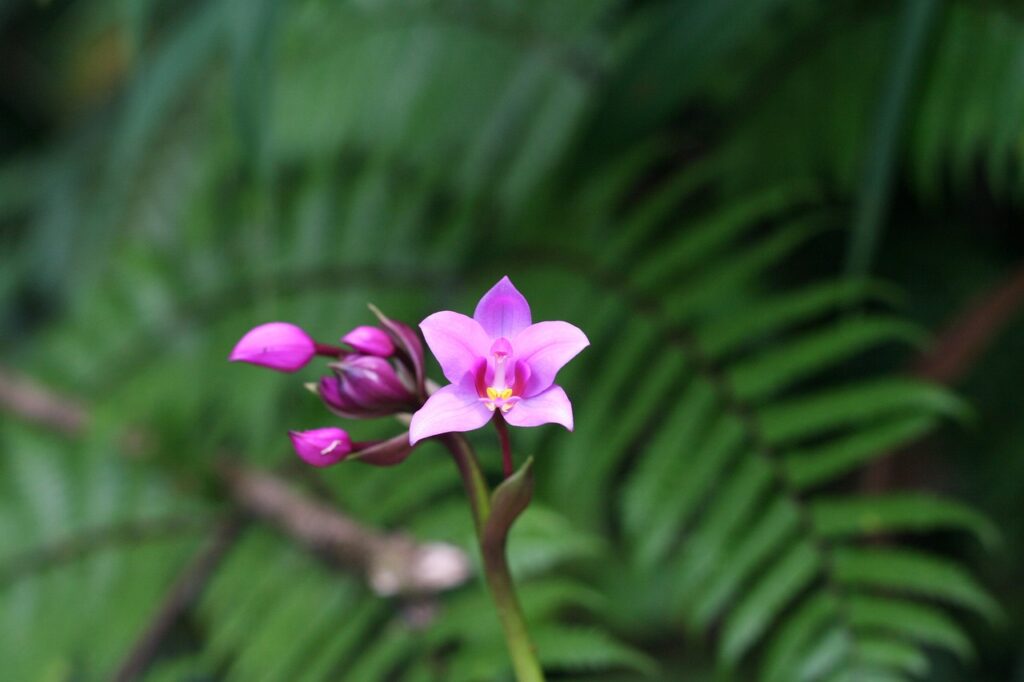
Why Is Everything an Orchid?
By Sofia Quaglia
January 1, 2023
Despite their unique, diverse, and very specialized evolutionary adaptations, here’s why orchids continue to elude science—including efforts to save them.
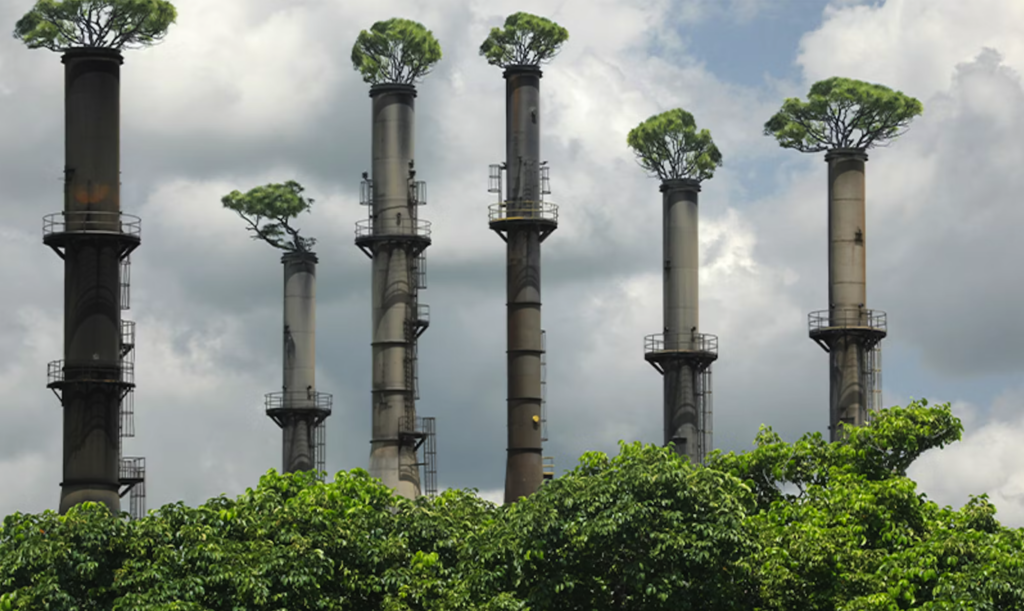
How Can We Stop the CO2 That Plants Store From Leaking Back Into The Air?
By Brian Gallagher
January 1, 2023
Eli Yablonovich, a UC Berkeley applied physicist answers the big question.
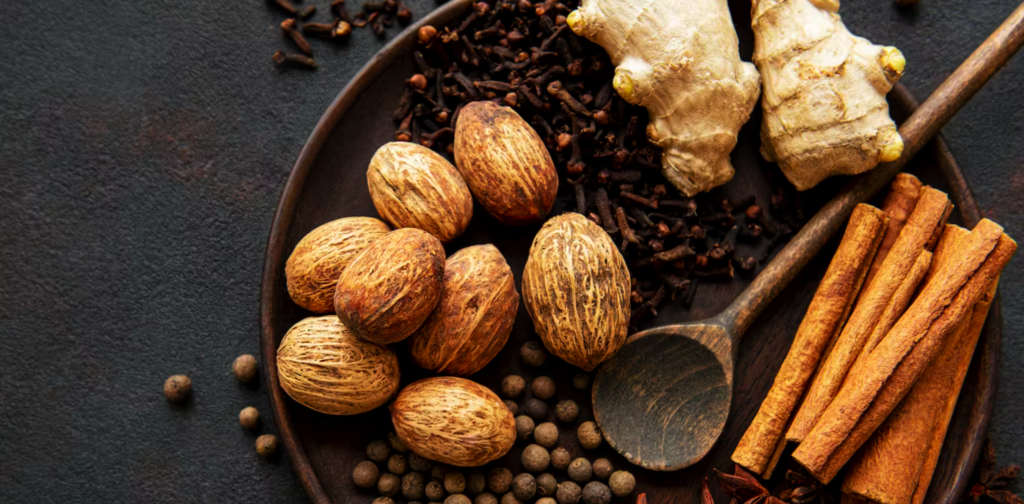
How cinnamon, nutmeg and ginger became the scents of winter holidays, far from their tropical origins
By Serina DeSalvio
January 1, 2023
The scent of many tropical spices are deeply ingrained in the collective memory of winter holidays, evoking feelings of warmth, nostalgia, and celebration. How’d that happen?

Eat More Plants: Recipes
The Germinator Mocktail & Seeds of Intention
January 1, 2023
Treat yourself to Mary Munro’s rejuvenating elixir, and elevate your feel-good status and maybe even your life’s direction.
Issue 30: December 2023
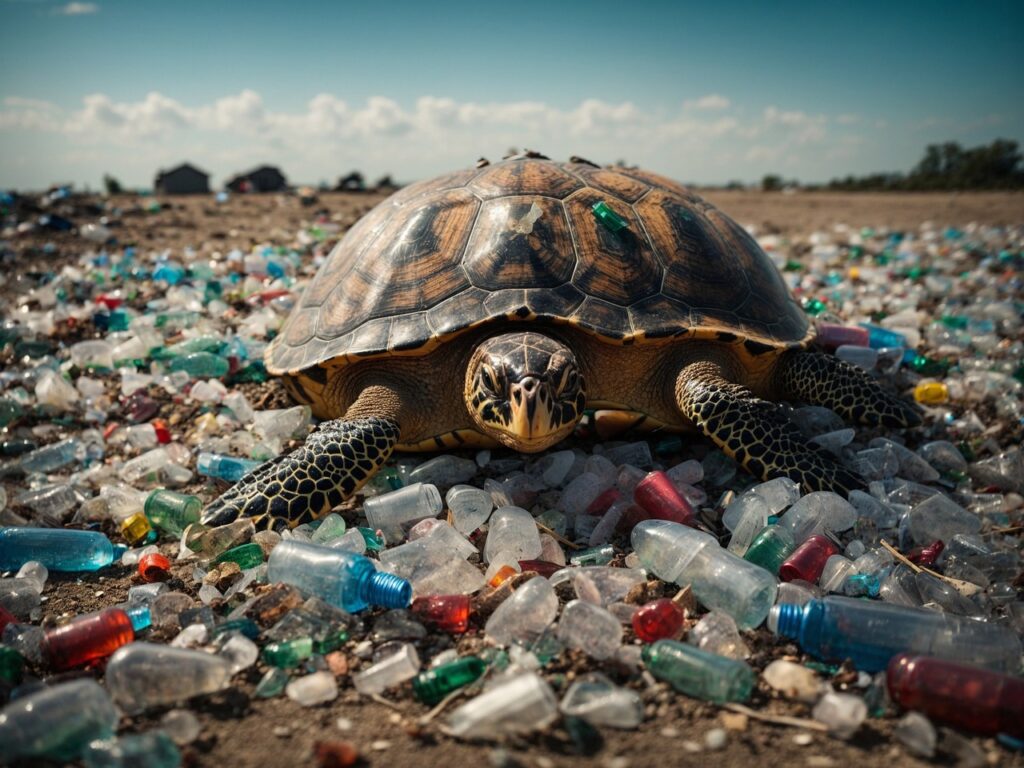
Breaking Free of Plastic Pollution: One of the Biggest Threats to Biodiversity
By Gayil Nalls
December 1, 2023
Outlining ways in which we can reduce microplastic waste in our own homes to protect ourselves and the world around us.
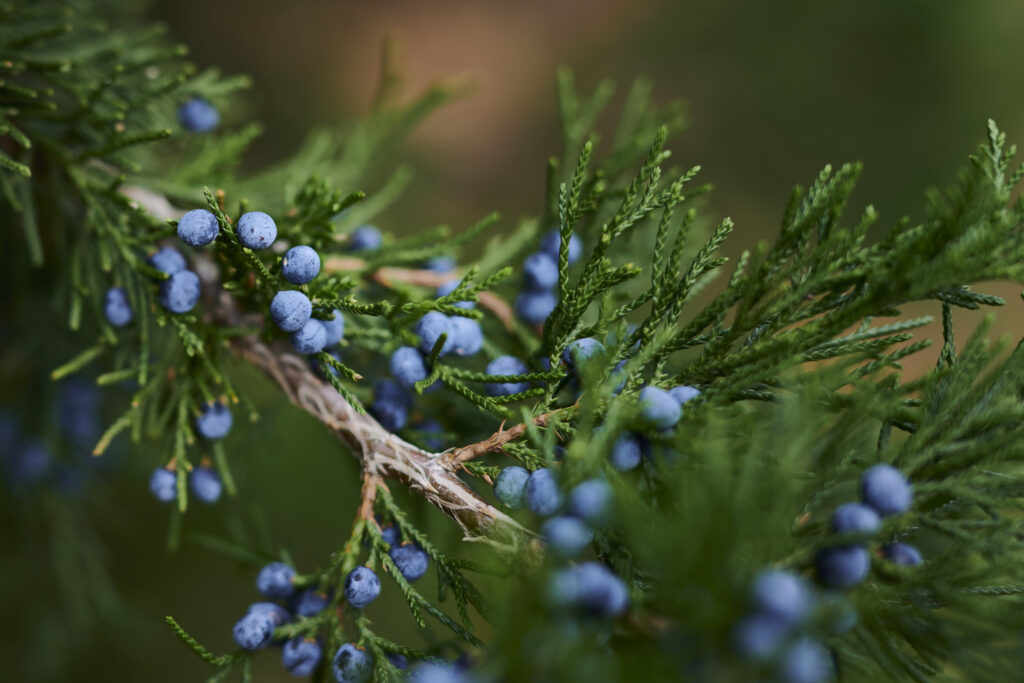
Viriditas: Musings on Magical Plants- Juniperus spp.
By Margaux Crump
December 1, 2023
Exploring the folklore and medico-magical histories of junipers, focusing on their sacred, purifying, and protective qualities.
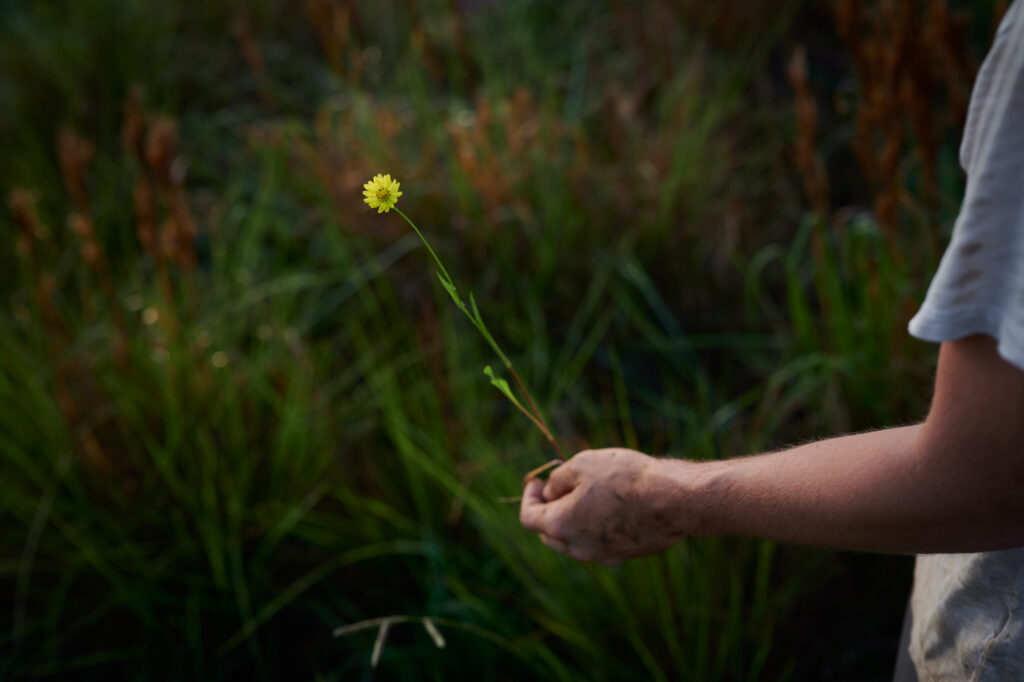
Manmade in Nature’s Image: in Conversation with Dept LLC
By Jake Eshelman
December 1, 2023
Sitting down with co-founders of landscape architecture and urban design firm Dept LLC, to discuss how placing ecological principles in the design process can encourage more successful projects.
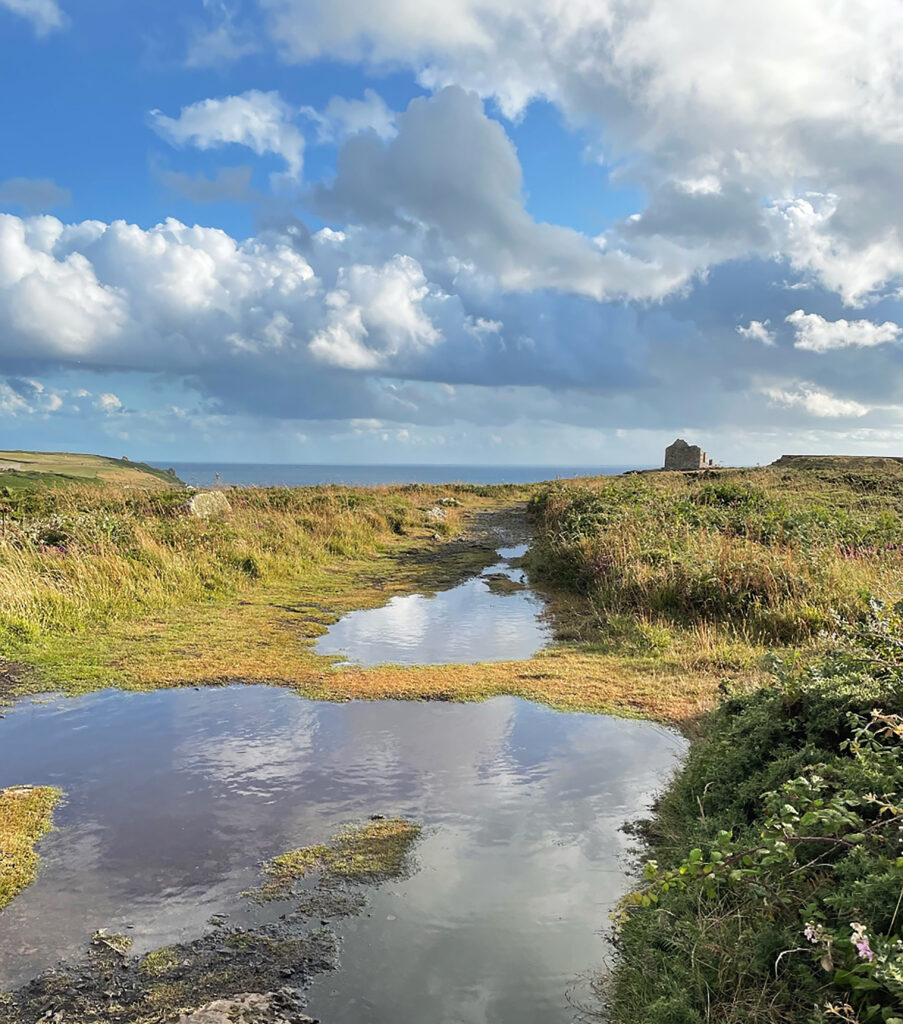
Myths and Legends of Cornwall
By Olivia Mermagen
December 1, 2023
Drawing from her own experience discovering the history of Cornwall, a county in England, she reflects on how stories and legends of the land shaped her understanding of the natural world.
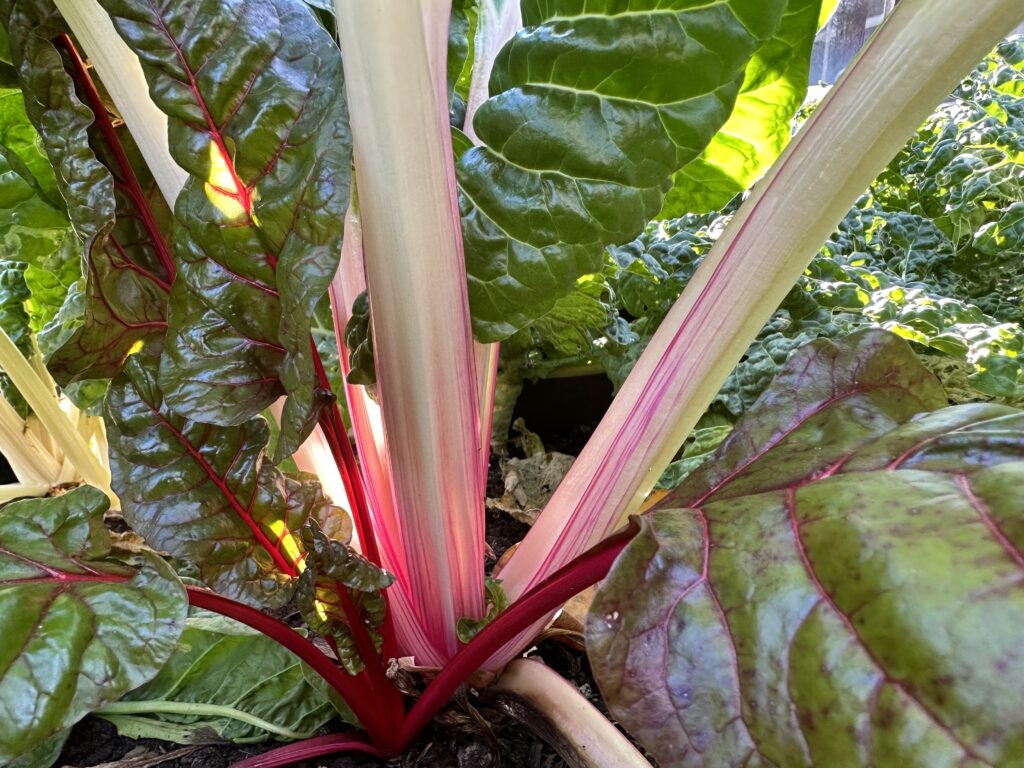
Finding Food Security In Your Garden
By Maria Rodale
December 1, 2023
She describes how we can grow delicious, natural, and exciting ingredients in our gardens so that we might make meals that comfort us during trying times.
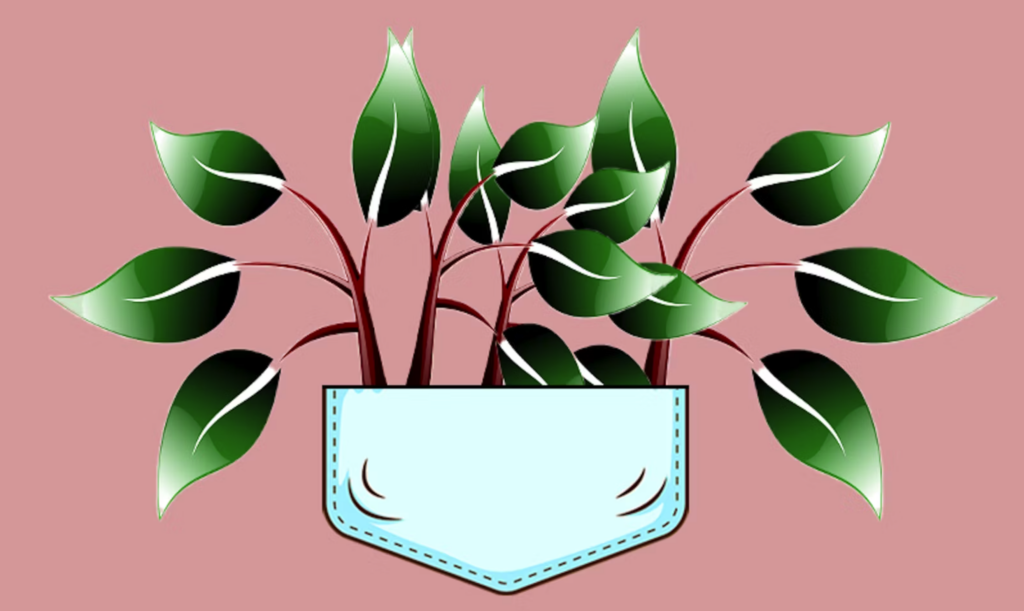
Pocket Forests Are Coming To Town
By Kristen French
December 1, 2023
Questioning if tiny forests deliver on big environmental problems.

Eat More Plants: Recipes
Confessions Holiday Cocktail
December 1, 2023
The Cocktail Renaissance over the past couple of decades has not just taken place in the United States, it has happened in Europe too. The art of great craft mocktails and cocktails has elevated human connections. Over drinks, interesting people who take a while to loosen up, and say interesting things. This might be partially true with a drink titled Confession, created by Confessions, a new bar in Brussels.
Issue 29: November 2023
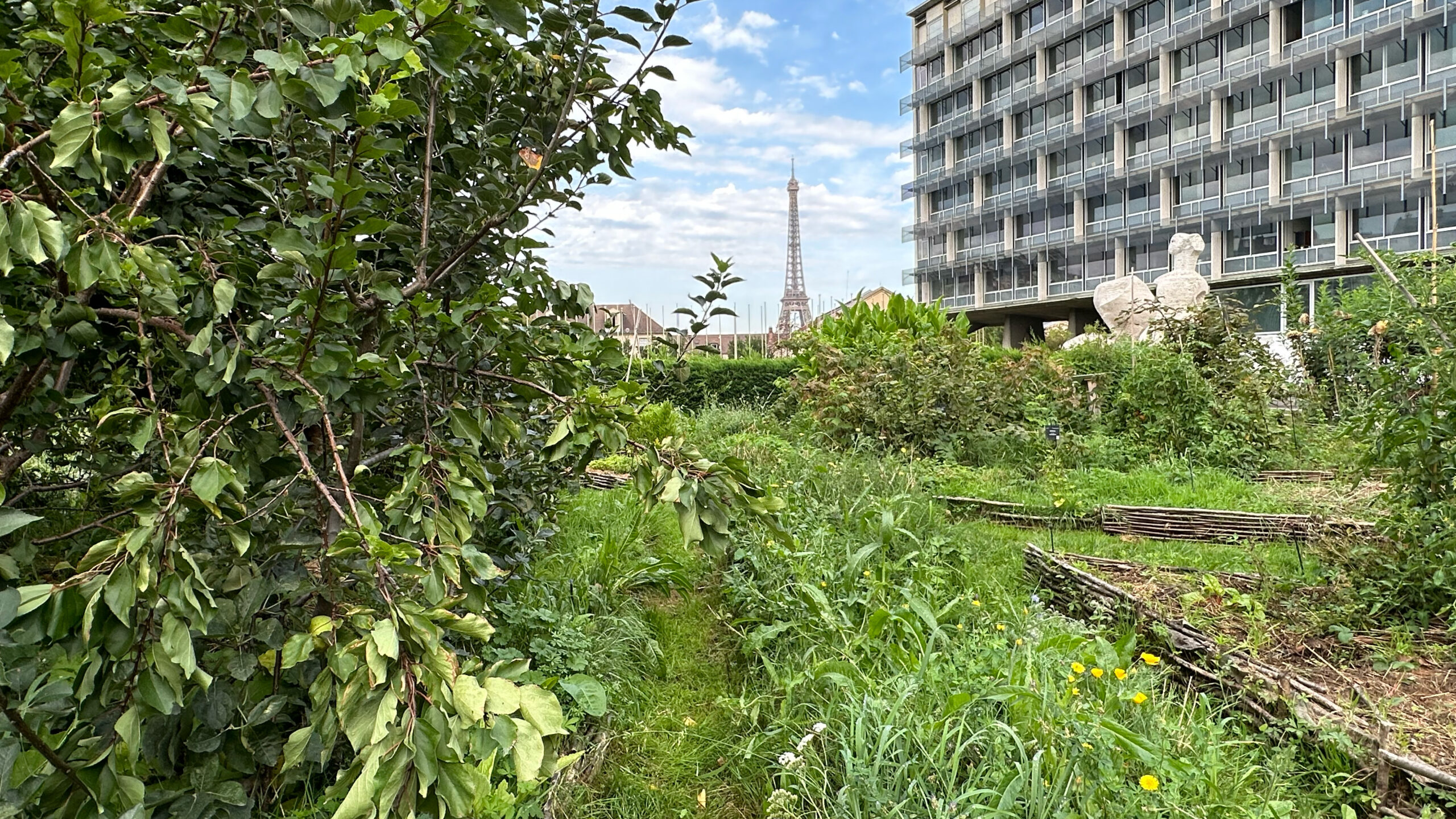
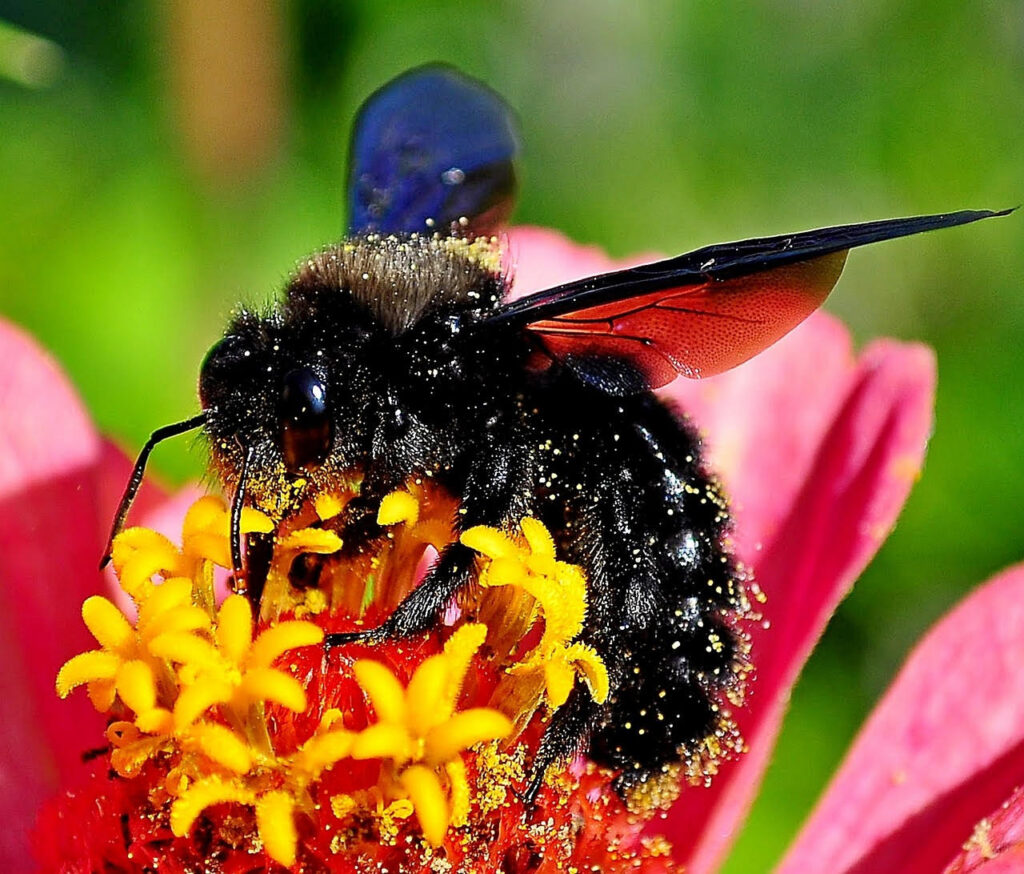
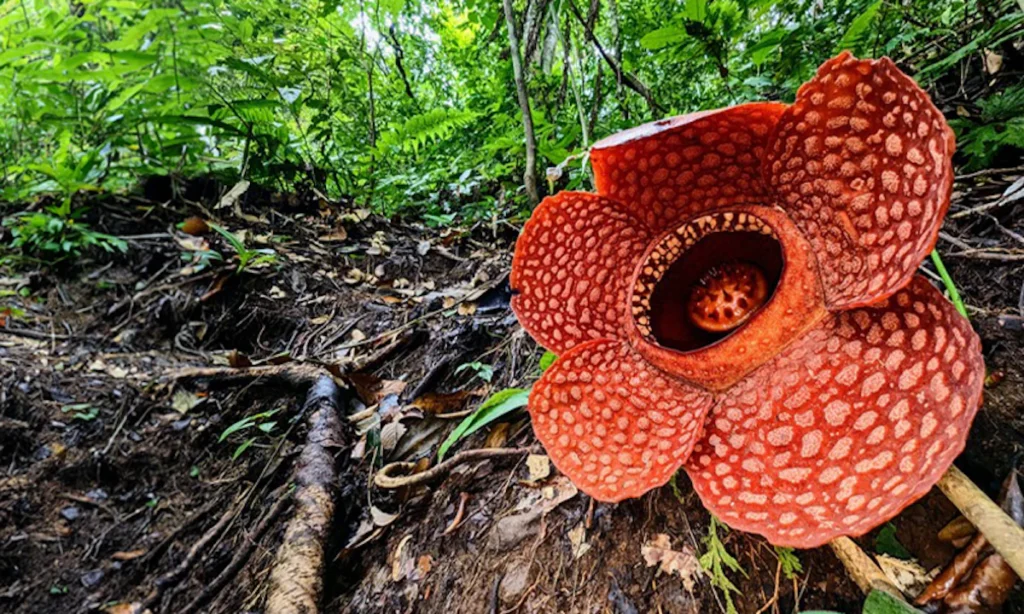
A Flourishing Vegetable and Biodiversity Garden at UNESCO: An Interview with Sonia Bahri
By Gayil Nalls
November 1, 2023
In front of the UNESCO headquarters in Paris is a beloved vegetable garden growing
ancient tomatoes. The city oasis promotes biodiversity, sustainable living, and urban
farming.
Bee’s Can’t Find Food in Dirty Air
By Lina Zeldovich
November 1, 2023
Air pollutants interact with scent molecules released by plants making it hard for bees to locate food.
Save This Sticking Flower
By Lina Zeldovich
November 1, 2023
A call to action on behalf of the world’s largest and smelliest flower that is teetering on extinction.
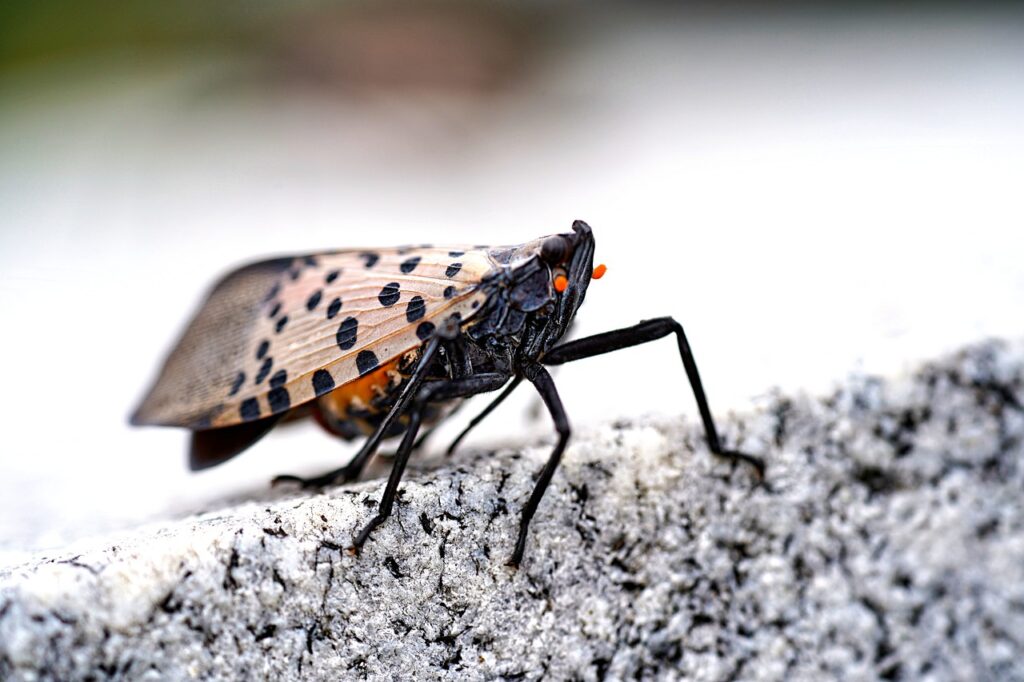
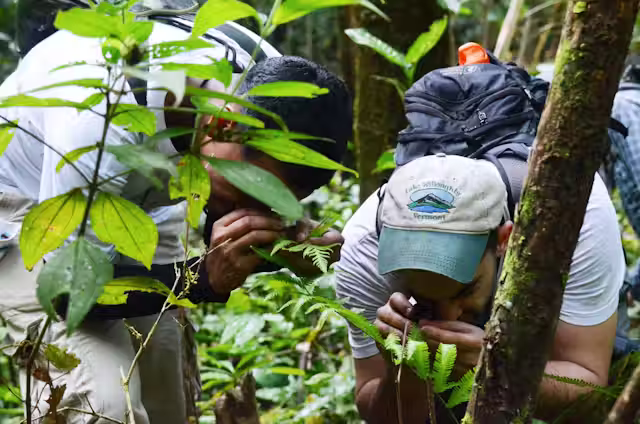
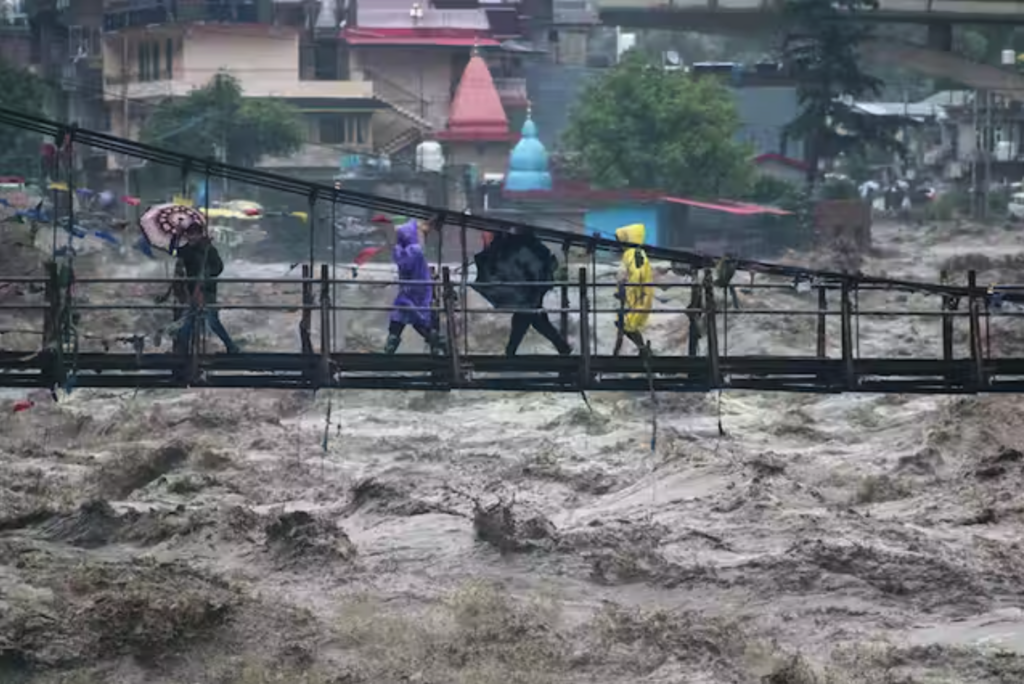
Lanternflies, Kudzu, and Humans
By Sam Stoeltje
November 1, 2023
Climate change is forcing plants, animals, and insects to move in search of supportive
habitats. Sam Stoeltje reflects on invasion biology and the stigmatizing label of ‘invasive’ species.
Take a break from your screen and look at plants − botanizing is a great way to engage with life around you
By Jacob S. Suissa & Ben Goulet-Scott
November 1, 2023
Let’s Botanize is an educational non-profit spreading knowledge and appreciation of
plants. If you’re on social media you may have seen their entertaining videos.
As Extreme Downpours Trigger Flooding Around The World, Scientists Take A Closer Look At Global Warming’s Role
By Mohammed Ombadi
November 1, 2023
Torrential downpours sent muddy water racing through streets in Libya, Greece and Spain and flooded parts of Hong Kong and New York City in September 2023.
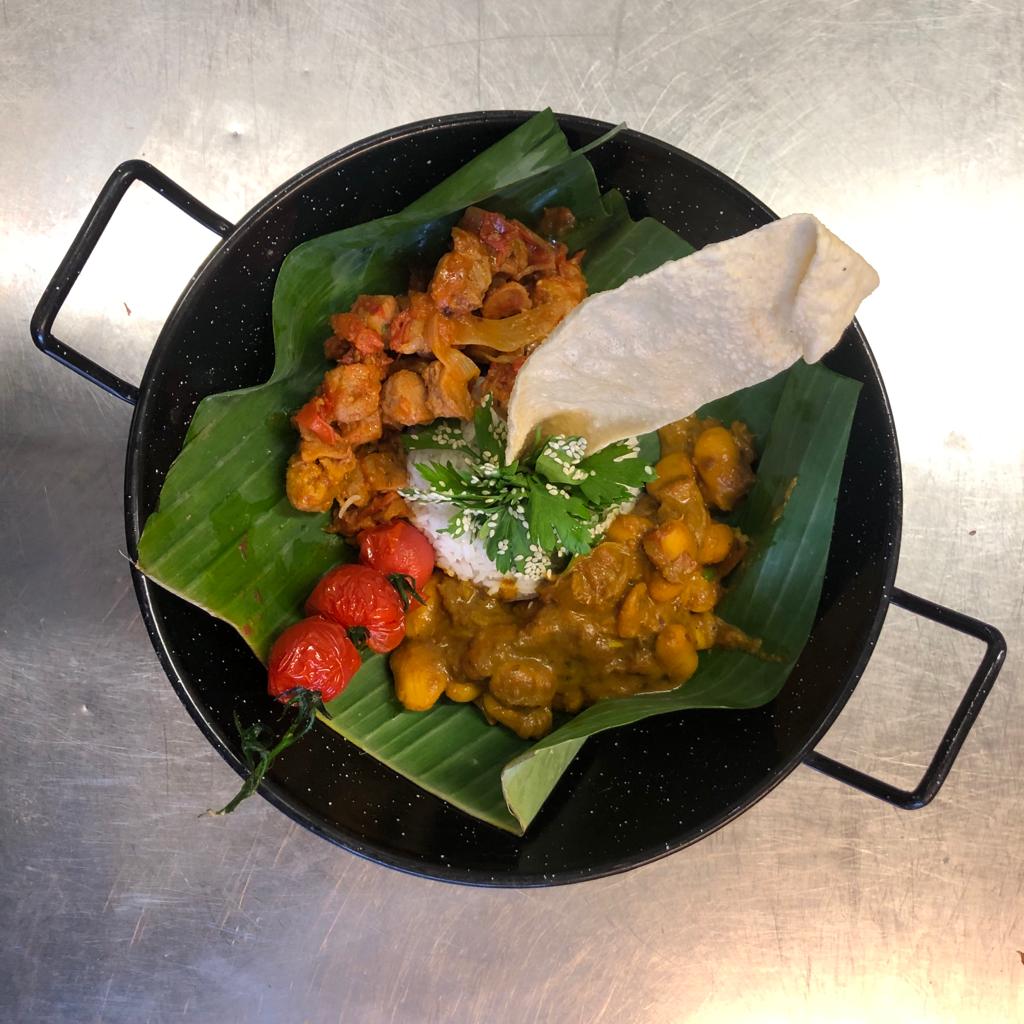
Eat More Plants: Recipes
Lima Bean Curry
November 1, 2023
Talk about a melting pot! Mauritian cuisine is a unique blend of many culinary traditions and in this month’s Eat More Plants, you find an inspired recipe that will leave you
feeling happy and satisfied, from Mauritian chef, Siva Perumal, of La Maison des Anciens de l’ULB, an alumni restaurant at Université Libre de Bruxelles. You’ll want to
make Chef Perumal’s tasty and super healthy vegan Lima Bean Curry a family staple.
Issue 28: October 2023
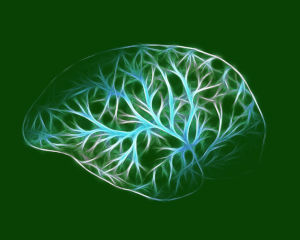
What Plants Are Saying About Us
By Amanda Gefter
October 1, 2023
What if our brain is not the root of cognition? Some researchers believe that plants are key to understanding how the human mind works.
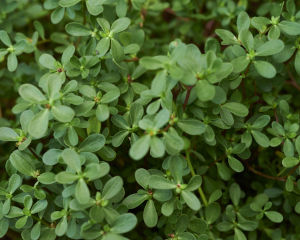
Viriditas: Musings on Magical Plants: Portulaca oleracea
By Margaux Crump
October 1, 2023
This drought and pest-resistant succulent that can really take the heat that climate change is dishing out.
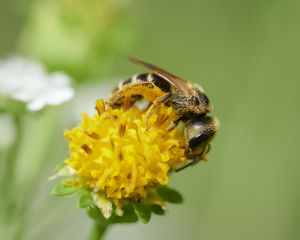
Proboscis, Pollen, and the Rapture of Interspecies Intimacy
Photographs and words by Jake Eshelman
October 1, 2023
Our Contributing Editor of Ecological Thinking explores the mechanisms and mutualisms of plant-pollinator relationships.
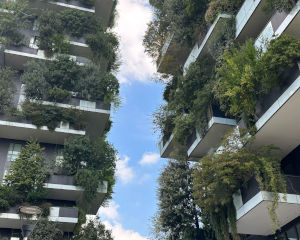
The Greening of Milan: Porta Nuova and Vertical Forest
By Gayil Nalls
October 1, 2023
Greening the urban environment allows for new ecosystems that could deliver health, environmental, and economic benefits.
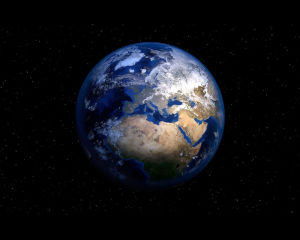
Overshooting Earth’s Boundaries: An Interview with Bill Rees
By Rachel Donald
October 1, 2023
Listen to this thought-provoking interview with with the systems bio-ecologist and ecological economist.
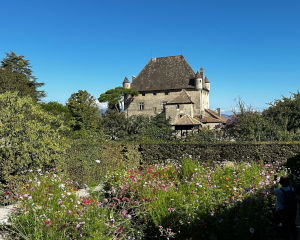
The Garden of the Five Senses
Photographs and text by Gayil Nalls
October 1, 2023
Take a journey of sensory perception through this intriguing garden.
Eat More Plants: Recipes
Le Botaniste’s
Fennel, Tomato, and Red Pepper Pasta Sauce
October 1, 2023
Enjoy this easy and delicious recipe from Le Botaniste, a 100% plant-based, certified organic, and Co2 neutral restaurant.
October: Capturing Landscapes in Light, Shade, and Color
By Gayil Nalls, Liz Macklin, and Karen Bauer
October 1, 2023
The final lesson in our series is about capturing the larger pictorial vision of the landscape.
Issue 27: September 2023
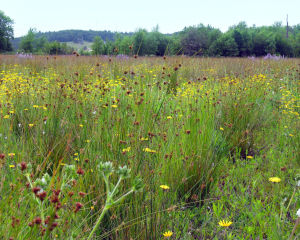
Nature as Model and Mentor:
Biomimicry and Ecosystem Restoration
By Gayil Nalls
September 1, 2023
Explore how the principles of biomimicry and plant conservation can lead to sustainable solutions.
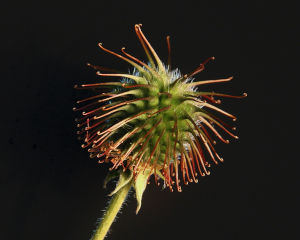
Ingraining ‘Nature’ into ‘Human Nature’
By Shreya Bhagwat
September 1, 2023
Forms found in nature are reflected in many of our most useful innovations.
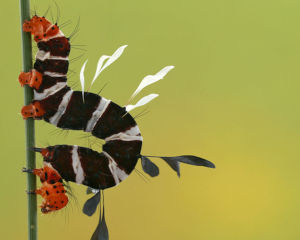
The Very Hungry Caterpillar and the Ecosystem
By Katharine Gammon
September 1, 2023
Learn how caterpillars are a remarkable bellwether of environmental changes.
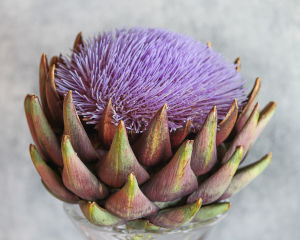
The Artichoke Blossom, an Exploding Castle
By Sam Stoeltje
September 1, 2023
Experience this meditative essay about encountering an artichoke blossom for the first time in the garden of the Palais des Papes in Avignon.
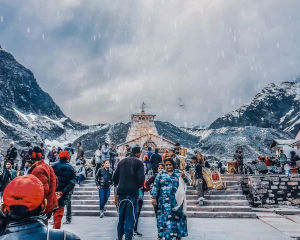
Threat from Climate Change to Some of India’s Sacred Pilgrimage Sites is Reshaping Religious Beliefs
By David L. Haberman
September 1, 2023
Read about the effects of climate change disasters on religious sites in India.
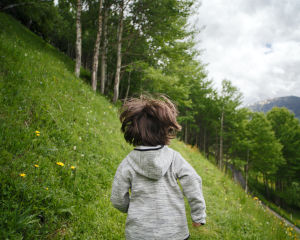
Fostering a Deeper Connection with Plants in the UK
By Katherine Moore
September 1, 2023
Examine the ways the UK is rekindling its connection with the natural world.
Eat More Plants: Recipes
Aussie Energy Balls
By Maria Rodale
September 1, 2023
This environmentally sustainable treat is delicious, nutritious, and open to endless variations.
September: Drawing Trees, Observing Form, Light and Shadow
By Gayil Nalls, Liz Macklin, and Karen Bauer
September 1, 2023
The role of our senses in seeing and experiencing nature directly is crucial to the process of drawing, and to understanding that we are part of nature.
Issue 26: August 2023
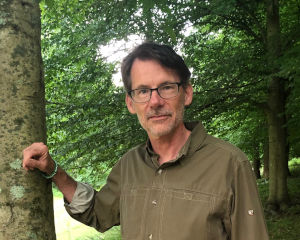
Tim Dunn: Financial Climate Activist
By Gayil Nalls
August 1, 2023
Read about the founder of Terra Alpha Investments, and his commitment to helping create a sustainable world.

Rebuilding Companies to Meet the Needs of the Planet
By Octavia Overholser
August 1, 2023
The fashion industry leader, and WS/C advisory board member, offers these guidelines to help companies be more responsible, accountable, and sustainable in their operations.

Beyond Risk: Seeing Climate Change as an Opportunity
By Mandar Bhagwat
August 1, 2023
An outline for a strategy that would allow businesses to promote themselves and promote sustainable practices, leading the way towards a net zero carbon emissions future.
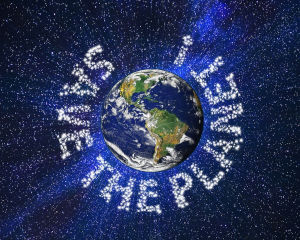
Recent Climate Ordeals Show that We are Unprepared for a Warming World
By Gayil Nalls, Cameron Lindsay, and David Strunk
August 1, 2023
Learn about the dangerous current state of global climate change, and the steps needed to cool down the planet.
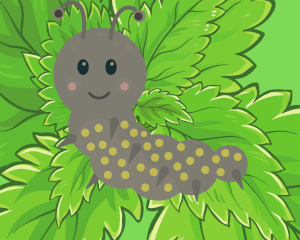
The Caterpillar and the Stinging Nettle: A Story of Two Creatures That Learn to Work in Harmony to Survive
By Cameron Lindsay
August 1, 2023
Delight in this uplifting tale about friendship, teamwork, and trust.
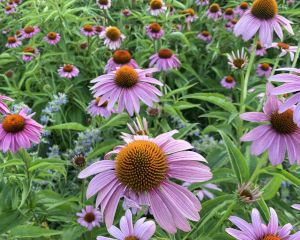
Plants That Take the Heat
By Gayil Nalls
August 1, 2023
As life-threatening temperatures continue to rise, many species of plants are tested to their limits.
Eat More Plants: Recipes
Late Bloomer Cocktail
By Tessa Liebman
August 1, 2023
This original, aromatic, floral treasure will complement any steamy summer day or evening!
August: Depicting Flowering Plants in Color
By Gayil Nalls, Liz Macklin, and Karen Bauer
August 1, 2023
Explore visual color perception and how to transform drawings into powerful expressions through color.
Issue 25: July 2023
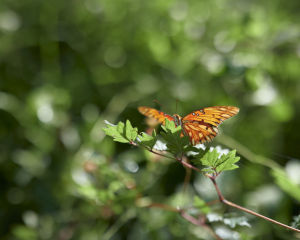
The Ecological Impact and Potential of the American Lawn
By Jake Eshelman
July 1, 2023
Rethink the picturebook American lawn, through Cindee Klement and her rewilding of the Lawndale Art Center in the heart of Houston.
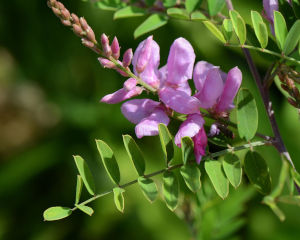
Exploring the Vibrant World of Indigo: History, Controversies, and Sustainable Solutions
By Karen Bauer
July 1, 2023
Take a close look at the multifaceted history of the color indigo, its origins, and its controversies.
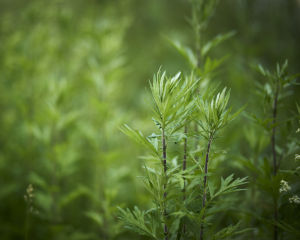
Viriditas: Musings on Magical Plants: Artemisia vulgaris
By Margaux Crump
July 1, 2023
Dive into the history and understand the importance of this plant, before learning how you can harvest and harness its powers for home use.

Working the Garden and Spirit: An Interview with Maria Rodale
By Gayil Nalls
July 1, 2023
Get a personal account of why our gardens are so important in this conversation with the esteemed businesswoman, author, and gardener.
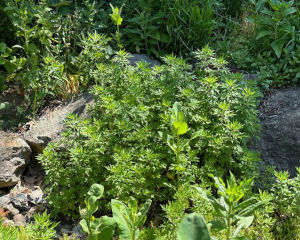
Mugwort
By Maria Rodale
July 1, 2023
Learn all about the inspirational plant in this excerpt from the author’s new book, Love Nature Magic.
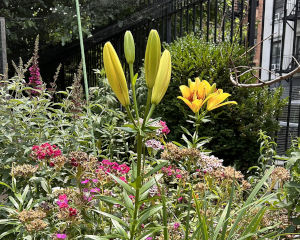
Green Oases:
NYC’s Community Gardens
By Olivia Mermagen
July 1, 2023
In New York City there are over 550 community gardens, each one providing a safe green space for its urbanites.
Eat More Plants: Recipes
Heirloom Tomato with Fermented Blackberries and Roasted Kale Stem Oil
By Tessa Liebman
July 1, 2023
A standout sensory provocation for the hot, sultry days of summer.
July: Capturing Natures Textures, Colors and Shapes
By Gayil Nalls, Liz Macklin, and Karen Bauer
July 1, 2023
Let the sunlight guide you in your observation of the fine details of nature and see what exciting textures, colors, shapes, and patterns it unveils.
Issue 24: June 2023
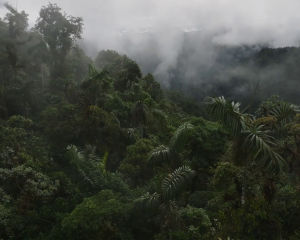
Inspiring The Next Generation of Conservation
By Olivia Mermagen
June 1, 2023
An Interview with Callie Broaddus of Reserva, A Youth-Led Biodiversity Conservation Organization.
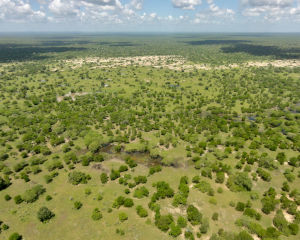
Gorongosa National Park’s Astonishing Comeback: An Interview with Dr. Marc Stalmans
By Gayil Nalls
June 1, 2023
Read about the different facets of Gorongosa’s restoration and what made it so successful.
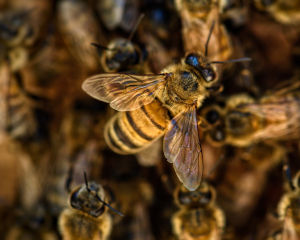
Bees Can Learn, Remember, Think and Make Decisions
By Stephen Buchmann
June 1, 2023
Explore the fascinating social patterns, brain behavior, and sensory experience of bees.
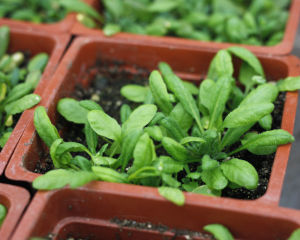
Plants Fight for Their Lives
By Sara Goudarzi
June 1, 2023
Learn how genetic modification presents a solution for depleting arable landscapes.
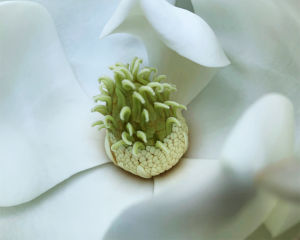
The White Album
By John Steele
June 1, 2023
Discover these close-up photographs revealing plants and flowers’ remarkable infrastructure.
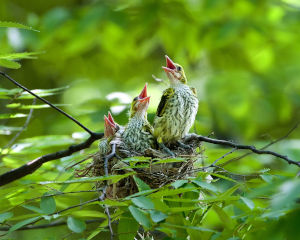
Bioacoustics: Finding the Voices of Other Species
By Gayil Nalls
June 1, 2023
Find out about the exciting technology at the forefront of new conservation discoveries.
Eat More Plants: Recipes
Toasted Almond Cream Cake
Edgewater Restaurant
June 1, 2023
Enjoy the regulars’ favorite Italian dessert.
June: Line Drawing with Attention to Fine Details
By Gayil Nalls, Liz Macklin, and Karen Bauer
June 1, 2023
Refining your observation skills to show a plant’s fascinating intricate forms and beauty through fine details.
Issue 23: May 2023
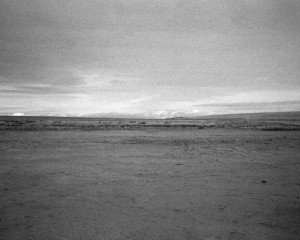
Antelope Island: Is This Seemingly Bleak Environment Nature’s Survival Garden?
By Gayil Nalls
Photographs and videos by Fiona Kane
May 1, 2023
Find out if an Island surrounded by a dying Great Salt Lake holds plants that could help us mitigate climate change.

Why Your Roses Smell Nice
By Maxine Singer
May 1, 2023
Learn the fascinating biological story behind our aesthetic olfactory pleasure.
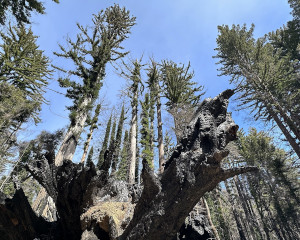
The Regenerating Power of Big Basin’s Redwoods
By Gayil Nalls
May 1, 2023
In August 2020, a wildfire burned 97% of the Big Basin Redwoods State Park. See what it looks like three years later.
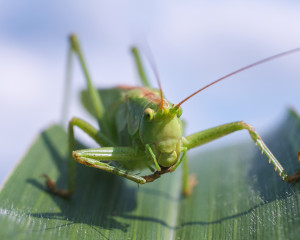
A Warmer Planet, Less Nutritious Plants and … Fewer Grasshoppers?
By Amber Dance
May 1, 2023
Higher levels of carbon dioxide are changing micronutrients in grasses, trees and even kelp. What does that mean for animals higher up the food chain?
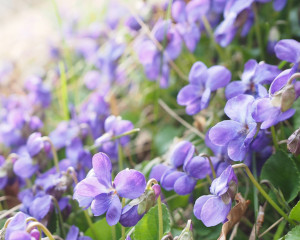
Viriditas: Musings on Magical Plants
By Margaux Crump
May 1, 2023
Share the artist’s delight in the essence and nature of violets and why they captivate her.
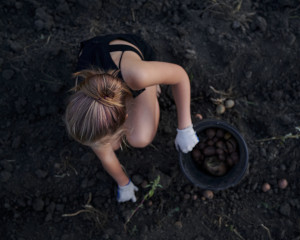
Seeing Ourselves in the Soil
By Jake Eshelman
May 1, 2023
Read about the rich life of the soil that nourishes us.
Eat More Plants: Recipes
Cabbage Roll with Cannellini Bean Hummus
By Sabina Cobbe
May 1, 2023
A delicious treat from a passionate vegitarian cook.
May: Drawing Growth and Beauty from Observation
By Gayil Nalls, Liz Macklin, and Karen Bauer
May 1, 2023
Combining light gestural drawing with
contour and cross-contour drawing
technique.
Issue 22: April 2023
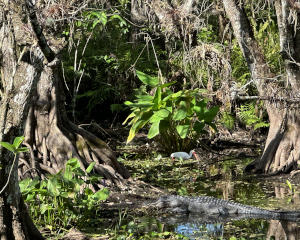
The Real Magic Kingdom: Florida’s Corkscrew Swamp
By Gayil Nalls
April 1, 2023
In a pristine part of the Everglades, explore the importance of habitat preservation through the lens of the fantastic work of the National Audubon Society.
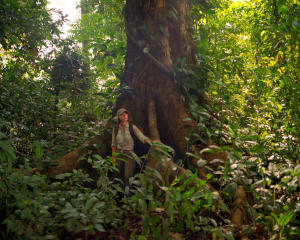
Mind the Darién Gap: Saving Central America’s Endangered Rainforest
By Alexandra Climent
April 1, 2023
Learn about Endangered Rainforest Rescue, and their conservation work to save the magnificent, endangered tree species of the Darién Gap.

Your Legacy on Earth May Be a Plant
By Veronique Greenwood
April 1, 2023
Plants such as daffodils and honey locusts are long lasting in the landscape and are signs of former habitation
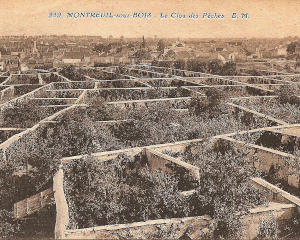
Fruit Walls: Urban Farming in the 1600’s
By Kris De Decker
April 1, 2023
Learn how urban farmers of the past harnessed passive solar energy to cultivate fruit in northern climates.
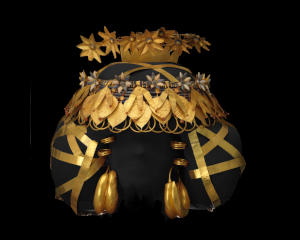
The Goddess & The Rose
By Nuri McBride
April 1, 2023
Read the story of Inanna, the Mesopotamian goddess of love, fertility, sexuality, war, political power, and law, and her symbol, The Rose.
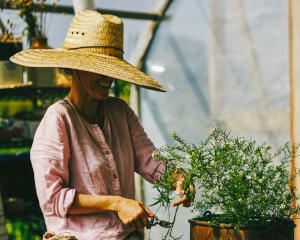
Deirdre Fraser: The Plant Wizard of Pearl Morissette
By Gayil Nalls
April 1, 2023
An interview with Deidre Fraser, about her work with the critically acclaimed Niagara restaurant Pearl Morissette and her creative sensory relationships with plants.
Eat More Plants: Recipes
Cucumber and Sour Cherry Salad
By Dierdre Fraser
April 1, 2023
Prepare to enjoy this wonderfully refreshing and spirit raising recipe during sultry days of summer.
April: Observing and Drawing Growth and Beauty
By Gayil Nalls, Liz Macklin, and Karen Bauer
April 1, 2023
Become more mindful of the natural world, observing, and gaining drawing skills in the second installment of our eight-part series.
Issue 21: March 2023
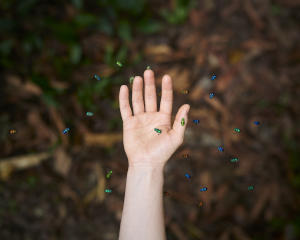
Ecological Kinship Makes Scents
By Jake Eshelman
March 1, 2023
Our contributing editor of ecological thinking shares his observations of the Orchid Bee (euglossine bees) from his time in the tropical forests of Costa Rica and probes the emotional relationship we have with them.
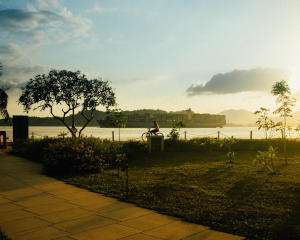
Edwina von Gal on Ecological Action and Habitat Restoration
By Gayil Nalls
March 1, 2023
An award-winning landscape designer tells us about her projects reconstructing habitats and protecting species.
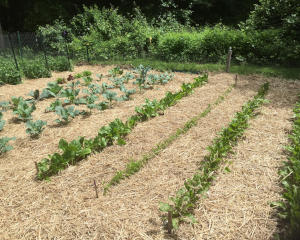
How Does Your Garden Grow?
By Véronique Firkusny
March 1, 2023
One the most sustainable and rewarding things you can do is grow your food, and if you’re aiming to plant your best garden yet, don’t miss this interview with Vivian Berry, Cultivator and Steward of Berry Farmz.
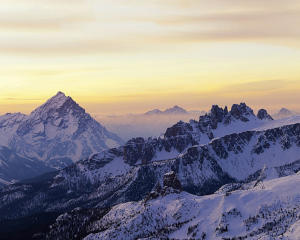
Energy is a Form Giver
A Conversation with R. Randall Vosbeck, FAIA
By Liz Macklin
March 1, 2023
Architects play a vital role in energy conservation and in combating climate change. Some have felt a deep responsibility to our environment their whole lives and have been highly influential in the growth of sustainable building.
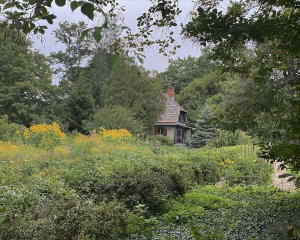
Samuel Morse
Locust Grove Estate and Nature Preserve
By Gayil Nalls
March 1, 2023
Samuel Morse is well known as the inventor of the telegraph and Morse code but did you know he was also an important artist, and landscaper and garden designer?
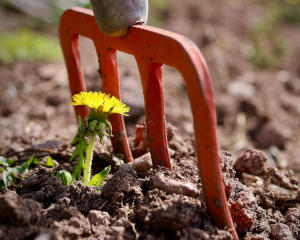
The Power of Weeds to End Hunger in an Uncertain Climate
By Lewis Ziska
March 1, 2023
Many weeds are beautiful plants with valuable nutritional and medicinal benefits. They have characteristics that enhance their survival, and they also hold genetic characteristics that are helping us make swifter adaptions to prevail against climate change.
Eat More Plants: Recipes
Basmati Rice with Pumpkin, Asparagus, Cauliflower and Grana Padano ‘Waffle’
By Chef Giovanni Parlati
January 1, 2023
Veg out in style with this month’s delicious recipe. Healthful seldom looks so inspiring or tastes so good!
March: Learning to See
By Gayil Nalls, Liz Macklin, and Karen Bauer
March 1, 2023
In part one of a series that will run from March to October, we will inspire you with a lesson, a process of seeing and practical drawing instructions. Benefit from insights from John Ruskin (1819-1900) one of the best art practitioners and teachers who thought it was the artists job to observe the reality of nature.
Issue 20: February 2023

DAVOS: We are in a Race to Resilience
By Gayil Nalls
February 1, 2023
A report on the World Economic Forum’s 2023 annual meeting.
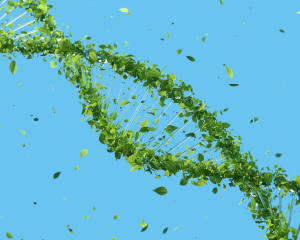
Conserving Genes: Plants for the Future
By Timothy Walker
February 1, 2023
Learn how seeds and seed banks can help us conserve plants under threat of extinction.
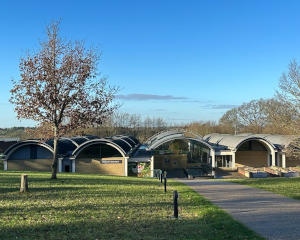
KEW’s Millennium Seed Bank: A Mission to Save Plant Life on Planet Earth
By Gayil Nalls
February 1, 2023
Take a tour of the world’s largest ex-situ seed bank project.
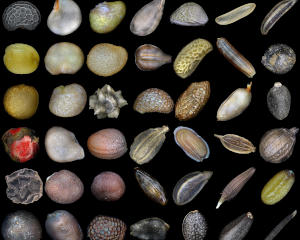
“Open Source” Seeds Loosen Big Ag’s Grip on Farmers
By Michaela Haas
February 1, 2023
A new crop of unowned seeds is bringing biodiversity back to farming.

What’s Wrong with Bananas
By Norman C. Ellstrand
February 1, 2023
Discover how industrial agriculture stole sex from our most important fresh fruit crop.
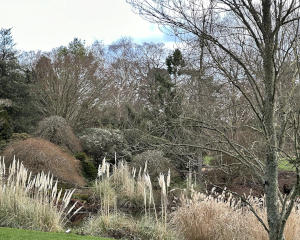
The Winter Garden at Wakehurst Place in West Sussex, England
By Gayil Nalls
February 1, 2023
No matter the season, our aesthetic experiences connect us to nature.
Eat More Plants: Recipes
Authentic Vegetarian Paella
By Javier Ponte
January 1, 2023
Don’t wait out the winter before you make this flavorful meatless dish!
Issue 19: January 2023
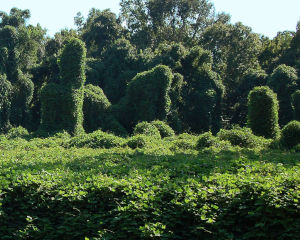
A Notorious Invasive Plant Shows Promise in Green Construction
By Tolu Olasoji
January 1, 2023
Imported from Japan in 1876, kudzu strangles forests and farmland throughout the South. Could it build cities instead?
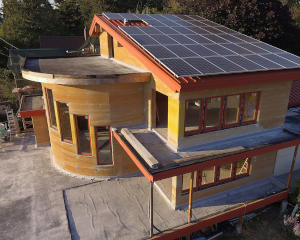
A Building Material That Consumes CO2 Has Finally Come to the US
By Peter Yeung
January 1, 2023
A false association with drugs that banned ‘hempcrete’ from the US residential building code has been lifted, paving the way for widespread use.
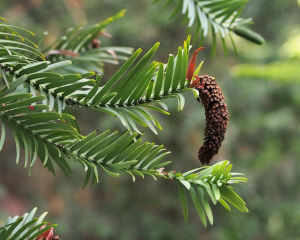
Australia’s Secret Rescue of Ancient Trees Offers an Insight Into Evolution
By Brian Gallagher
January 1, 2023
Encountering these ancient trees that can be like seeing a dinosaur-era insect encased in amber brought to life.
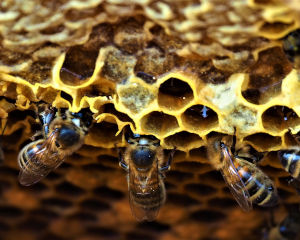
How are the Bees
By Lois Parshley
January 1, 2023
Despite awareness efforts, bees are still stressed and dying from pesticides and habitat loss, making them more susceptible to parasites, diseases and viruses.

The Fragrance of the Soul: Olfaction, Power, and Death in Ancient Egyptian Religion
By Nuri McBride
January 1, 2023
Fragrances and religions have ancient associations, enabling transformative experiences in health, rituals, rites and burials.
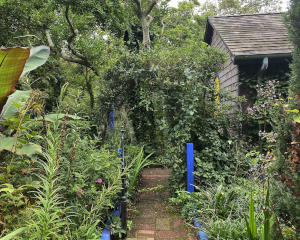
Robert Dash’s Madoo
By Gayil Nalls
January 1, 2023
Visit the garden Madoo, artist Robert Dash’s conservancy in Sagaponack, Long Island.
Eat More Plants: Recipes
Pea Coffee
January 1, 2023
Try a coffee alternative that can really boost your health without caffeine.
Issue 18: December 2022

Embodying Heaven: Frankincense and Myrrh and Their Connection to Divinity
By Nuri McBride
December 1, 2022
Explore the spiritual traditions connected to aromatic plants.
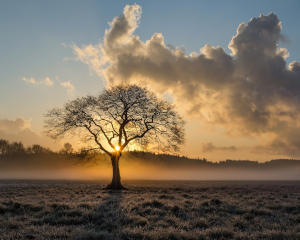
A Voice for the Trees
By Mary Ellen Hannibal
December 1, 2022
An interview with Shyla Raghav, Conservation International’s leading expert on climate change.
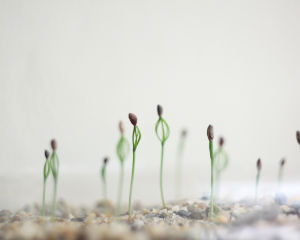
The Real Cost of Planting Trees
By Lauren E. Oakes
December 1, 2022
Learn how careful monitoring and up-front investment are necessary to ensure reforestation efforts yield benefits for communities and biodiversity.
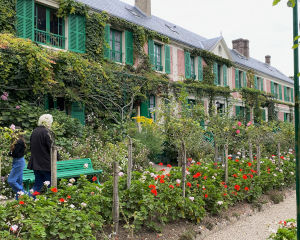
Monet’s Garden in Giverny
By Gayil Nalls
December 1, 2022
This photographic essay captures iconic living floral scenes that still evoke the original sources of inspiration for the artist’s famous impressionist paintings.
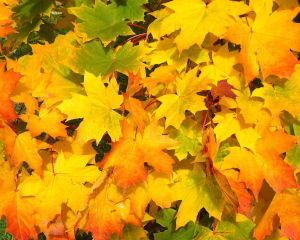
The Hidden Warning of Fall Colors
By Brian Gallagher
December 1, 2022
Why do the leaves of many tree species turn beautiful bright hues during senescence, when most things become dull and wrinkly?

Riveted by Nature’s Beauty
By Matsuo Bashō
December 1, 2022
Five Japanese haiku poems from the 17th century describe a moment in the winter season that awakens the senses.
Eat More Plants: Recipes
Roasted Cauliflower Snowflakes
By Ina Garten
December 1, 2022
These treats take inspiration from the intricate crystal patterns of snowflakes.
Issue 17: November 2022
New in this issue…
Eat More Plants: Recipes
As part of a sustainable, greener, plant-filled lifestyle, we need to join others in cutting our meat consumption so that we cut greenhouse emissions and decrease climate change. To excite us to eat more plants, which also has wonderful beneficial effects for our own health, we need to prepare more satisfying meatless meals. To help us achieve this, we are inviting some spectacular people from the culinary community to contribute easy recipes that stimulate the senses. To launch this effort, award-winning food writer, Mark Bittman, has contributed a recipe so flavorful and aromatic that you could even skip the pumpkin pie!
November 2022 Articles:
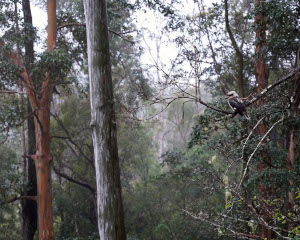
Bird Scent: Relational Living in an Upside-Down Forest
By Ilka Blue Nelson
November 1, 2022
An explorer in search of ecological knowledge, takes our spirits to parts of the Gondwana Rainforests in the land down under.
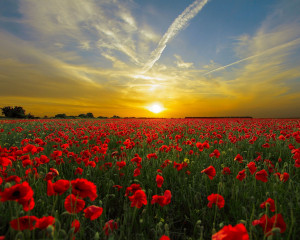
Plants are Important: The Part About Drugs
By Lewis H. Ziska
November 1, 2022
The WS/C advisor describes the importance of plants as food, medicine and culture and examines the varied effects of rising CO2 concentrations.

You May Already Be Wearing the World’s Most Sustainable Jeans
By Michaela Haas
November 1, 2022
Making a pair of blue jeans from the cotton plant is resource intensive, and creates pollution at all stages. One Italian company has another way.

Drizzle
By Catie Leonard
November 1, 2022
The artist reflects on the influence of generational family living, and connects with her roots by sharing a photographic handbook of dried and pressed flower specimens.
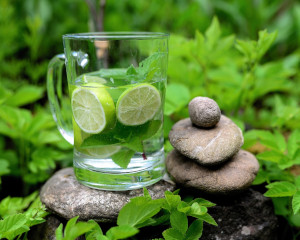
Growing a Home Apothecary
By Erika Aponte
November 1, 2022
Learn how to grow a mini healing oasis and bring new life and healing to your urban home.
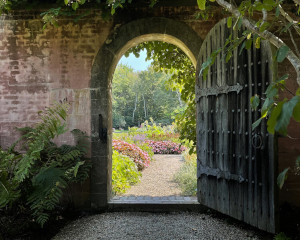
Beatrix Farrand: The Abby Aldrich Rockefeller Garden
By Gayil Nalls
November 1, 2022
The WS/C founder takes us to a historic garden In Maine, bursting with color and wild form.
Issue 16: October 2022
In this issue of Plantings, Alina Fresquez Patrick, photographer, poet, documentation and political science researcher, contributes three articles, her own beautiful photo essay created in Cuba exploring plants and the crossovers of the senses, and the articles by Victoria Barbarito and Annie Stowe Mickum, investigating the beauty, importance and benefits of our friends—plants.
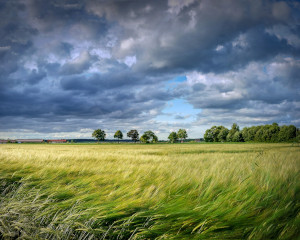
Worldly Realities and Our Shared Home
By Gayil Nalls
October 1, 2022
The First International Plant Health Conference brought together conservationists from all over the world to discuss scientific, technical, and regulatory issues related to the health of plants.
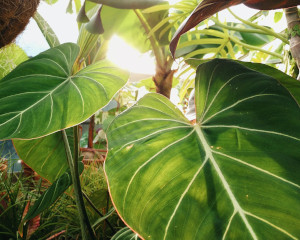
Why Are Plants Green? To Reduce the Noise in Photosynthesis.
By Rodrigo Pérez Ortega
October 1, 2022
Plants ignore the most energy-rich part of sunlight because stability matters more than efficiency, according to a new model of photosynthesis.

Copal & the Day of the Dead
By Nuri McBride
October 1, 2022
Copal is a clean and piney scented resin, that is often referred to as Mexican frankincense. Learn how this aroma nurtures the relationship between the living and the dead.
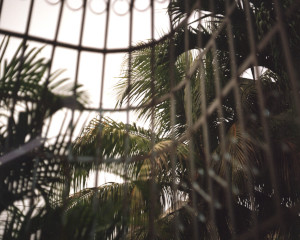
El Color De
By Alina Fresquez Patrick
October 1, 2022
The photographer and poet finds healing through immersion in nature.
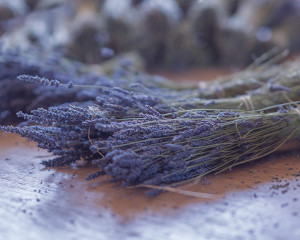
Plants, Birthing, and Healing
By Victoria Barbarito
October 1, 2022
Read about how herbs are used in the recovery from vaginal birth, to support lactation, regulate hormones, and offer emotional comfort during the unpredictability of the postpartum experience.
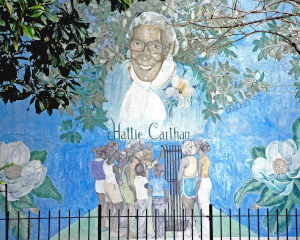
Human Hungers: A Conversation with Farmer Yon of the Hattie Carthan Community Garden
By Annie Stowe Mickum
October 1, 2022
Farmer Yon, a pillar of Brooklyn’s Bed-Stuy community and a renowned chef and grower, brings together food, plants, and music to nourish her community and herself.
Issue 15: September 2022
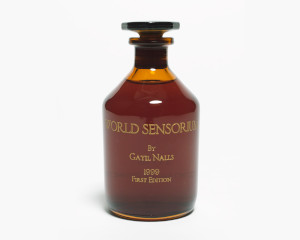
World Sensorium: The World Social Olfactory Sculpture
By Gayil Nalls, Ph.D.
September 1, 2022
Learn more about the namesake artwork of the World Sensorium/Conservancy
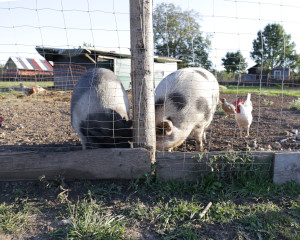
Pigs and Avocados
By Viktorie Hanišová
September 1, 2022
The novelist discusses building sustainable lifestyles in urban spaces like Prague, with the founder of Pastvina, the largest community garden in the Czech Republic.

Tapputi Badakallim, The Oldest Perfumer on Record
By Nuri McBride
September 1, 2022
Imagine the smell of the fragrant plants, flowers, resins, herbs and spices used by this nearly forgotten ancient perfumer.
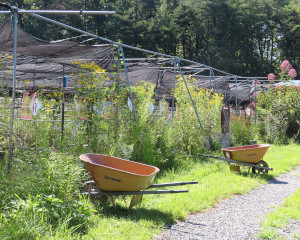
Who Are You Going to Call? —Earth Sangha
By Liz Macklin
September 1, 2022
A writer and naturalist found that the Buddhist perception of nature has led to the creation of an enlightened conservation community.
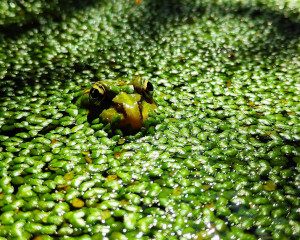
How to Bury Carbon? Let Plants Do the Dirty Work
By Corey S. Powell
September 1, 2022
Learn how plants like duckweed offer effective natural solutions to global warming.

Chinatown
By Shina Tsershiuan Peng (彭澤萱)
September 1, 2022
Following the scents of jasmine tea, juicy rambutans, and herbal medicine shops, the photographer depicts her journey finding home in Chinatown through smell.
Issue 14: August 2022
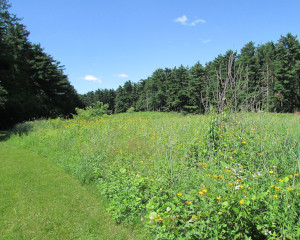
Climate-Friendly Farming Strategies Can Improve the Land and Generate Income for Farmers
By Lisa Schulte Moore
August 1, 2022
From planting native plants on the land surrounding crop fields, to growing perennial crops, learn how farmer-led solutions are helping address climate change.
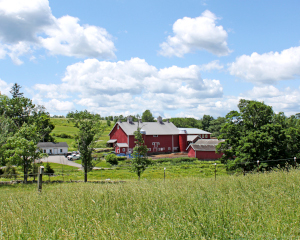
A Mission to Save Farming
By Gayil Nalls
August 1, 2022
Kathleen Finlay, President of Glynwood Center for Regional Food and Farming, talks about her life-long commitment to the environment and human health.
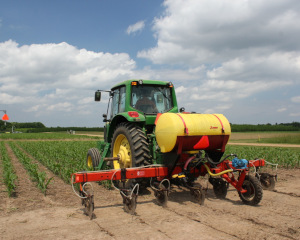
A New Way to Curb Nitrogen Pollution: Regulate Fertilizer Producers, Not Just Farmers
By David Kanter
August 1, 2022
Discover why effective nitrogen management is a really good thing.
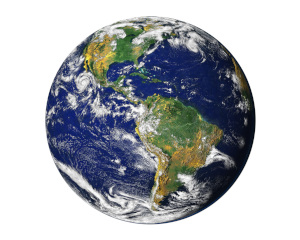
Predicting the Future of Earth’s Forests
By Stuart J. Davies
August 1, 2022
Right now, forests play a crucial role in mitigating climate change by absorbing greenhouse gases, but will forest sequestration rates stay the same as the effects of climate change increase?
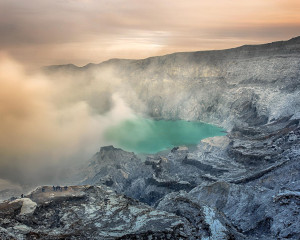
How We Perceive Nature Through Our Sense of Smell
By Andreas Keller
August 1, 2022
The expert in how humans perceive odors provides insight into the human cognitive processing of nature through our olfactory system.
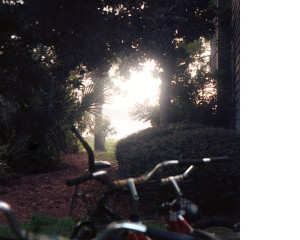
Summer Fever Dream
By Alina Fresquez Patrick
August 1, 2022
Through the narrative voice of an analog photographer, summer scenes carry on under the blanket of heat that is scorching the American South and the Caribbean.
Issue 13: July 2022
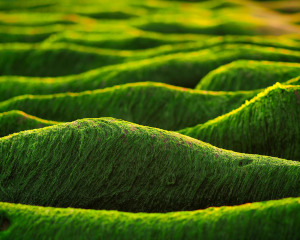
Billion-Year-Old Algae and Newer Genes Hint at Land Plants’ Origin
By Dana Najjar
July 1, 2022
Learn about fossil and genetic findings concerning the origins of terrestrial plants in the sea.

“CO2 is plant food”,
The Good, The Bad, and the Ugly
By Lewis Ziska
July 1, 2022
Based on the scientist’s talk at the Trees for the Future event, which addressed climate change, carbon dioxide and plant biology.
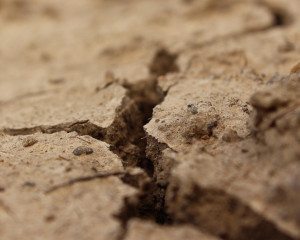
Save the Soil
By Sadhguru
July 1, 2022
Sadhguru is turning the world’s attention to our soil, inspiring 4 billion people to support policy changes safeguarding, nurturing, and sustaining soil.
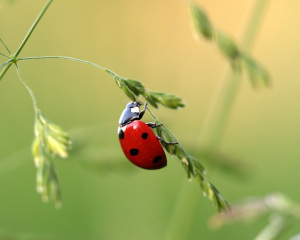
Should We Protect Nature for Its Own Sake? For Its Economic Value? Because It Makes Us Happy? Yes
By Bradley J. Cardinale
July 1, 2022
Read about the founding of conservation biology, its principles, and the different perspectives on conserving nature.
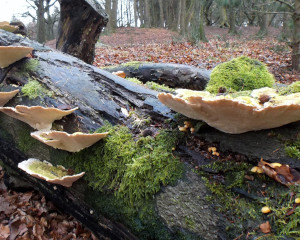
Beyond Flora and Fauna: Why It’s Time to Include Fungi in Global Conservation Goals
By Matt Kasson, Brian Lovett, and Patricia Kaishian
July 1, 2022
Learn about the critical ecological role the fungal kingdom plays on Earth and why we must protect it.
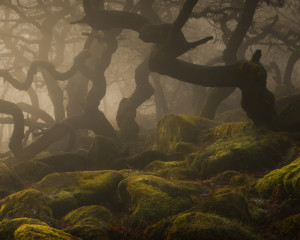
What Lurks in a Drowned Forest in Alabama?
By Laura Castañón
July 1, 2022
Marine organisms with promising gifts have been discovered in a primeval underwater forest.
Issue 12: June 2022
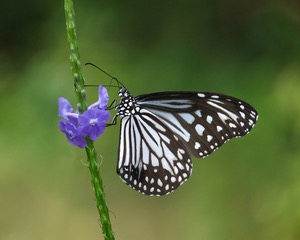
A Garden of Passion and Compassion: Miami Beach Botanical Garden
By Gayil Nalls
June 1, 2022
An interview with members of a small staff protecting and preserving a plant world oasis in South Beach.
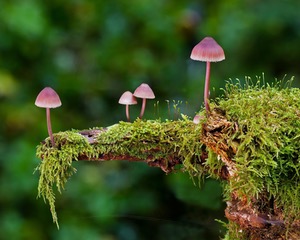
Do Mushrooms Really Use Language to Talk to Each Other? A Fungi Expert Investigates
By Katie Field
June 1, 2022
This professor of plant-soil processes at the University of Sheffield says this ancient kingdom has an electrical language all of its own, transmitting information across thin filaments of a mycelium web linking fungal colonies.
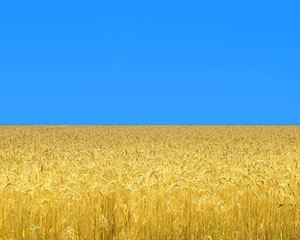
Ukraine Produced a Lot of Grain—Can Farmers Elsewhere Replace the Crops Lost to War?
By Hana Trollman
June 1, 2022
The lecturer in food industry management at Nottingham Trent University says we’re depending on the weather.

Junk Food Is Bad For Plants, Too
By Anne Biklé & David R. Montgomery
June 1, 2022
Humans aren’t the only ones eating junk food. Find out why feeding it to our crops comes at our own expense.
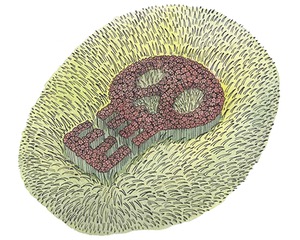
When Plants Go to War
By Mike Newland
June 1, 2022
Plants may appear tranquil but they are under almost constant bombardment from pests. In the fight against insects, plants have evolved an arsenal of ingenious invisible chemical defenses.
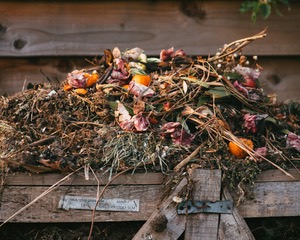
City Composting—One New Yorker’s Experience
By Véronique Firkusny
June 1, 2022
Composting is a wonderful way to enrich soil, and even in the city, composting at home is easy and environmentally beneficial.
Issue 11: May 2022
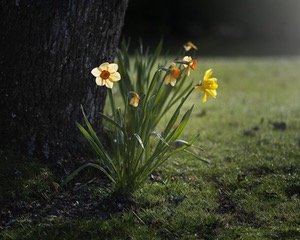
The Narcissus in Art
By Clara Muller
May 1, 2022
Learn about the artistic traditions around the Auvergne narcissus across time, regions and cultures.
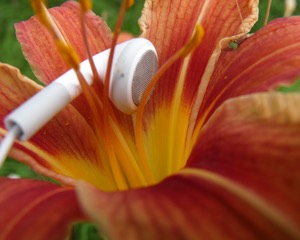
Plants Have an “Ear” for Music
By Matthew Sedacca
May 1, 2022
The research suggesting that plants respond to music is very compelling. Learn how sound can stimulate growth.
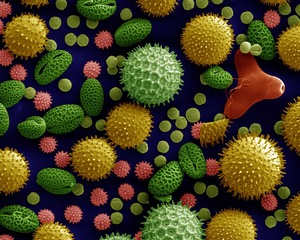
Pollen Can Raise your Risk of COVID-19
Interview with Lewis Ziska
May 1, 2022
The plant physiologist advises us on why pollen seasons are becoming increasingly intense.
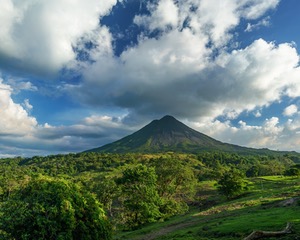
Protecting Biodiversity—and Making it Accessible—Has Paid Off for Costa Rica
By Alejandra Echeverri Ochoa and Jeffrey R. Smith
May 1, 2022
Learn how eco-tourism is paying off for the environment and biodiversity in Costa Rica.
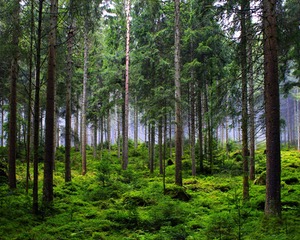
Nature Soothes and Restores: Enjoy the Practice of Forest Bathing
By Gayil Nalls
May 1, 2022
An instruction in how the sights, sounds and the natural phytoncides in forest air can benefit mind and body.
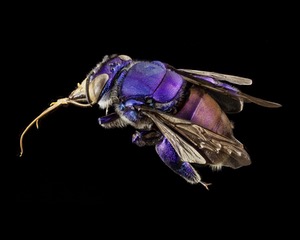
Climate Change Triggering Global Collapse in Insect Numbers: Stressed Farmland Shows 63% Decline—New Research
By Tim Newbold and Charlie Outhwaite
May 1, 2022
Gain insight into the global insect crisis.
Issue 10: April 2022
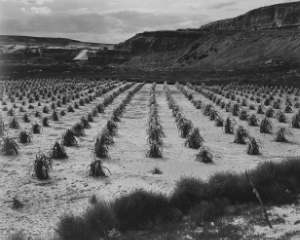
The Power of Harmony: Musical, Spiritual and Environmental
By Gayil Nalls
April 1, 2022
Plants sense their environment. Not only do they perceive scent, light, touch, wind, and gravity, they are able to respond to sound through the vibrations of music and the human voice.
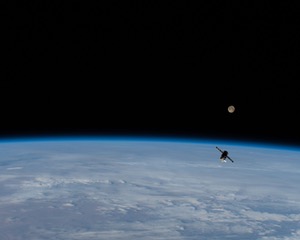
Taking Plants Off Planet—How do they grow in zero gravity?
By By Anna-Lisa Paul and Robert Ferl
April 1, 2022
Learn about research on the development of plants in zero gravity, a pursuit which could teach us more about how plant life will adapt to environmental changes in a future of planetary exploration.

How the Loss of Native American Languages Affects Our Understanding of the Natural World
By Rosalyn R. LaPier
April 1, 2022
The scholar chronicles the ways in which Native languages hold vast environmental knowledge that cannot be sufficiently translated to English.
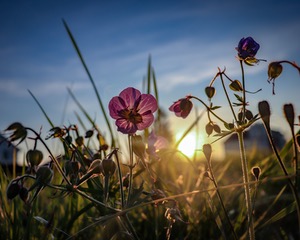
What the Meadow Teaches Us: Feeling is the physics of the organic world
By Andreas Weber
April 1, 2022
How can we know where we fall into the great network of diverse organisms in the natural world?
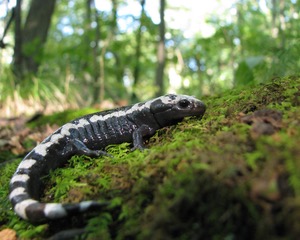
Can “Climate Corridors” Help Species Adapt to Warming World?
By Jenny McGuire
April 1, 2022
Urbanization has left natural ecosystems to exist only in small patches surrounded by developed areas, with no paths to other hospitable environments.
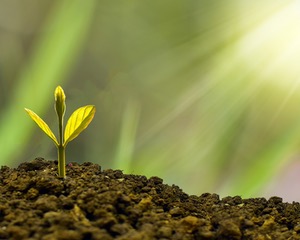
When Plants and Their Microbes Are Not in Sync, the Results Can Be Disastrous
By Sheng-Yang He
April 1, 2022
A recent study discovered a condition similar to inflammatory bowel disease, known as dysbiosis, in the plant kingdom.
Issue 9: March 2022
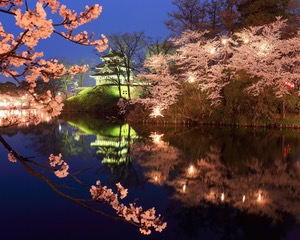
Japan’s Cherry Blossom Viewing Parties—The History of Chasing the Fleeting Beauty of Sakura
By Nozomi Uematsu • March 1, 2022
Every year millions of people set out to view blossoming cherry trees, and take in their beauty and pleasing aroma.
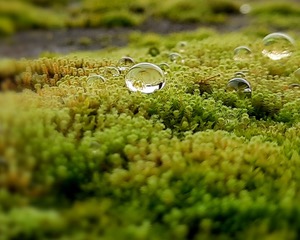
What’s Behind Japan’s Moss Obsession
By Mako Nozu and Brian Thompson • March 1, 2022
Japan has a deep love of calming, ancient, and serene moss environments. Much like cherry blossom viewing, a movement for moss viewing parties and moss-themed everything has taken off in the country.
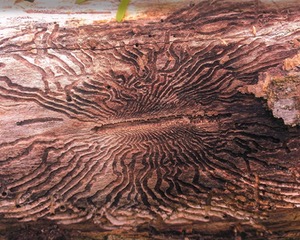
The Invasive Emerald Ash Borer Has Destroyed Millions of Trees—Scientists Aim to Control It With Tiny Parasitic Wasps
By Kristine Grayson • March 1, 2022
The author shares insights into novel ways to cope with a rapidly spreading invasive species.

E.O. Wilson’s Lifelong Passion for Ants Helped Him Teach Humans About How to Live Sustainably With Nature
By Doug Tallamy • March 1, 2022
E.O. Wilson spent the last years of his life bringing attention to the mass extinctions in progress around the world and calling for action to save as much biodiversity as possible.
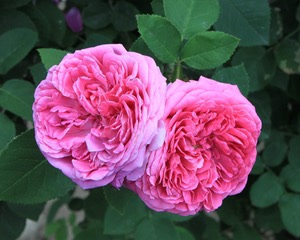
The Damask Rose in Art
By Clara Muller • March 1, 2022
Inspiring centuries of creators, the rose, in symbol, form, and scent, has fortified culture.
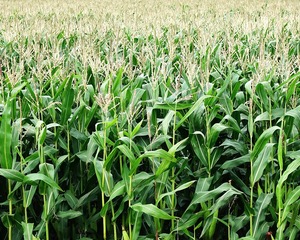
The US Biofuel Mandate Helps Farmers, but Does Little for Energy Security and Harms the Environment
By John DiCicco • March 1, 2022
As we try to meet our energy needs and move to renewables, it’s important to understand the environmental, political, and economic thinking process behind regulatory changes.
Issue 8: February 2022
In this issue of Plantings, global culture writer and member of WS/C Board of Advisors, Braden Bjella, currently based in Tbilisi, Georgia, shines in his role as our inaugural Guest Editor. This February, Braden takes us to regions across Eastern Europe and Central Asia with an article collection of interviews, stories, and images, bringing knowledge and awareness of our world and its beauty. He introduces us to environmental thinkers, innovators, and trailblazers from Romania, Albania, Germany, Georgia, Russia, and Kyrgyzstan, who are taking actions to protect their part of the world. Each interview illuminates efforts at the forefront of progress during these challenging times, creating hope for us all.
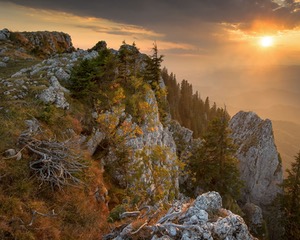
Wild Romania: Europe’s Hidden Wildlife Paradise
February 1, 2022
Romania has an incredible breadth of wildlife — old growth forests, plenty of animals not seen outside Romania, and more. In his photography and new film Wild Romania, Dan Dinu shows that beauty to the world.
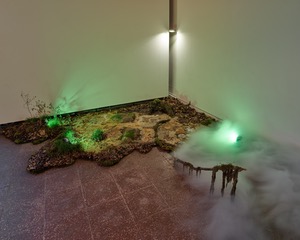
Berlin’s Bog as Metaphor—or Why We All Live in the Bog
February 1, 2022
Frances Braden of the collective COVEN Berlin tells us that the idea that cities are separate from nature is a construct that is not real, as she explores the beauty of bogs, using both their power and their destruction as a metaphor for the Internet, life, and more.
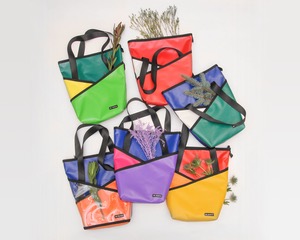
Russia’s 99recycle is Bringing Recycling Home
February 1, 2022
The Russian label 99Recycle turns the nation’s garbage into trendy bags and outfits. Its environmentally conscious entrepreneur, CEO, and co-founder, Anton Rykachevsky details the company’s history, the problems they face, and their plans for the future.
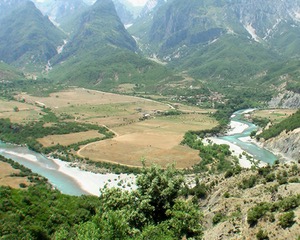
Albania’s Goal of Making “The First Wild River National Park In Europe”
February 1, 2022
Olsi Nika inspires us with Albania’s goal of saving the Vjosë, the second largest river in Albania. His resilience and fight for nature encourages us all to persevere.

Meet Your Trash
February 1, 2022
Kyrgyz artist and curator Bermet Borubaeva, who helped launch a trash festival detailing the problem of garbage in Kyrgyzstan, talks about her work and what people in the West should know about the problems of the East.
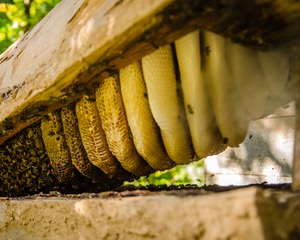
The Many Secrets of Georgian Honey
By Braden R. Bjella • February 1, 2022
Georgian honey is some of the finest in the world. The country’s unique flora and fauna give the honey a taste like nowhere else.
Issue 7: January 2022
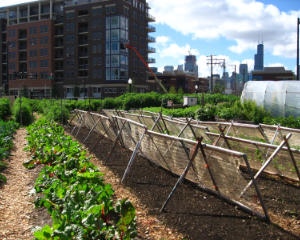
How urban agriculture can improve food security in US cities
By Miguel Altieri • January 1, 2022
Urban agriculture is imperative for more people to have access to fresh and healthful foods.
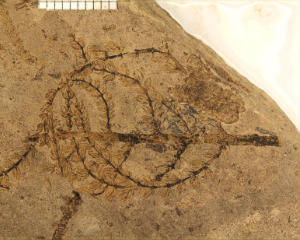
Fossils suggest an aquatic plant that bloomed underwater was among first flowering plants
By David Dilcher • January 1, 2022
The Emeritus Professor of Geological Sciences and Paleobotany, Indiana University of the Montsechia, explores the fossil record of a plant which lived 130 million years ago.
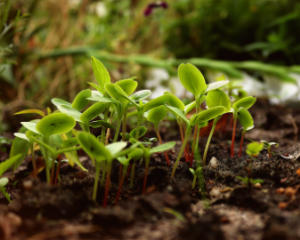
An environmental sociologist explains how permaculture offers a path to climate justice
By Christina Ergas • January 1, 2022
The ethical philosophy and sustainable practices of permaculture take on a new urgency in a warming world.
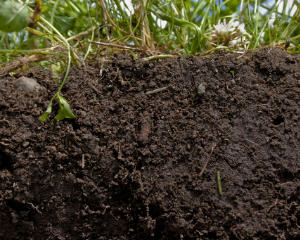
Healthy soil is the real key to feeding the world
By David R. Montgomery • January 1, 2022
The professor of earth and space sciences at the University of Washington, embarked on a 6-month trip studying the degradation of soil across farms.

Pétrichor
By Clara Muller • January 1, 2022
Poetry that amplifies our connection to the natural world and its range of emotions that defines the human experience.

Scent and the Male Orchid Bee: A talk with Hsurae
By Gayil Nalls • January 1, 2022
Male orchid bees are perfume makers. They collect scents from floral and fetid objects to compose their perfume which they then store in special organs on the back of their hind legs. A practitioner of BioArt has preserved a form of this fragrance using the science of attraction.
Issue 6: December 2021
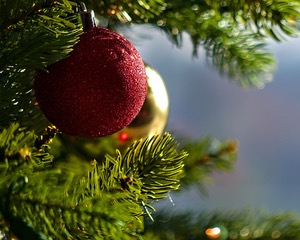
The Amazing Growth of the Christmas Tree
By François Lévêque • December 1, 2021
Explore the past, present, and future of the Christmas tree.
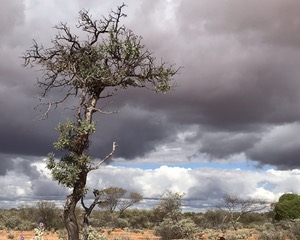
Loved to death: Australian sandalwood is facing extinction in the wild
By Richard McLellan, David M Watson, and Kingsley Dixon • December 1, 2021
Part of rituals around the world since antiquity, Sandalwood is facing a crisis.
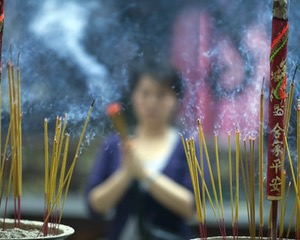
Your skin can ‘sniff’ certain aromas that help it heal faster
By Hanns Hatt • December 1, 2021
The German scientist, who discovered olfactory receptors throughout the human body, tells us why traditions of aromatic plants use for ‘magical’ healing really work.
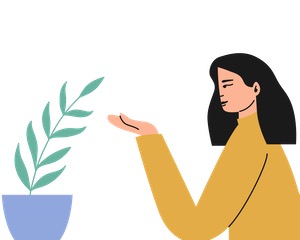
Guided by Plant Voices
By Steve Paulson • December 1, 2021
An Interview with plant ecologist Monica Gagliano who knows plants are sensitive, feeling beings.
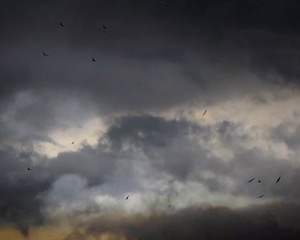
Inside my painter’s mind
By Catherine Gropper • December 1, 2021
The poet reminds us of our warming world and our shared humanity.
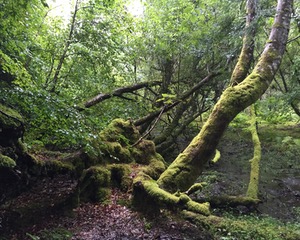
Aromatic Flora and Priority Conservation
By Gayil Nalls • December 1, 2021
Learn how conservationists prioritize endangered species, and why conservation must involve us all.
Issue 5: November 2021
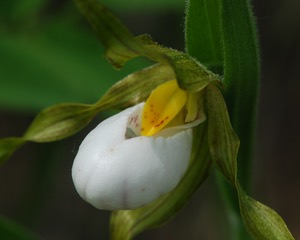
Pennsylvania’s Best Kept Secrets: An Interview with Rebecca Bowen
By Gail Nalls • November 1, 2021
We spoke with the conservationist, who is protecting rare wild plants for the state.
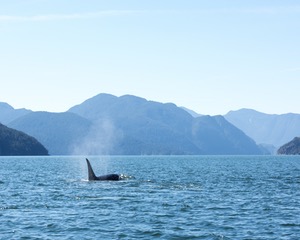
20 Beautiful New Biospheres
November 1, 2021
Take a look at 20 new biospheres that UNESCO has designated to help sustain life on our planet.
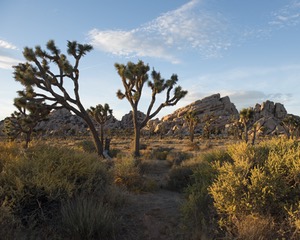
Listening to Nature: How Sound Can Help Us Understand Environmental Change
By Garth Paine • November 1, 2021
Learn how exposure to the sounds of nature is good for our health, well-being and happiness and can tell us about the health of the environment.
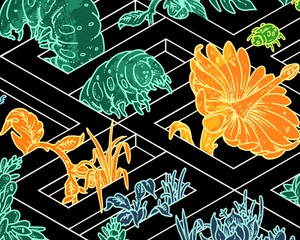
Learning to Speak Shrub
By Elizabeth Preston • November 1, 2021
An introduction to some thought-provoking ideas about how plants use molecular code to communicate and survive.
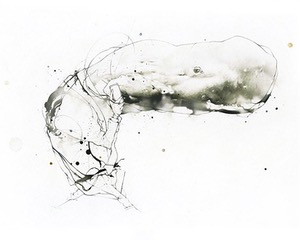
Human Tendencies
By Amos Zeeberg, Jonathon Keats & Brandon Keim • November 1, 2021
With good humor, the writers tell us about the traits we share with plants and animals.
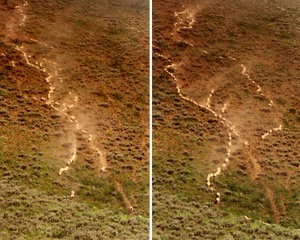
Two Poems
By Judith McConnell Steele • November 1, 2021
A guide in poetry through the wilds of Idaho.
Issue 4: October 2021
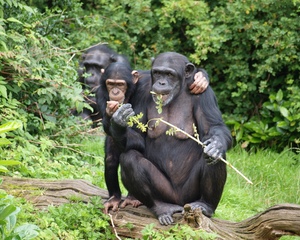
How other primates self-medicate – and what they could teach us
By Sophia Daoudi • October 1, 2021
An animal behaviorist tells us about monkey species that eat plants, soils, and charcoal to both treat and prevent diseases.
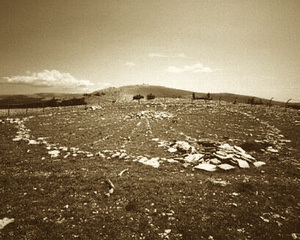
A Fragrance Medicine Wheel Garden
By E. Barrie Kavasch • October 1, 2021
American Indian Medicine Wheel Gardens are an ancient and powerful way of creating a sacred planting space and working with natural energies for healing and renewal.
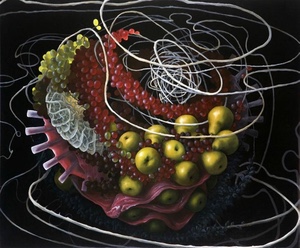
“Molecular Still Lives” Show the Science in Our Food in Us
By Heather Sparks • October 1, 2021
A journey into the painting subjects that depicts our modern food supply and how it impacts our bodies and lives.
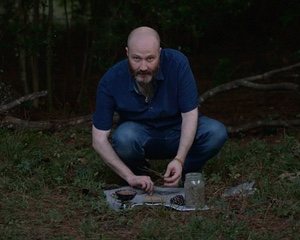
Who Picks Whom?
By Jake Eshelman • October 1, 2021
Through photography and poetry, an artist and visual researcher explores the relationship between people, plants and magic, as told through the work and practice of aTexas-based witch, occult herbalist and microbiologist.
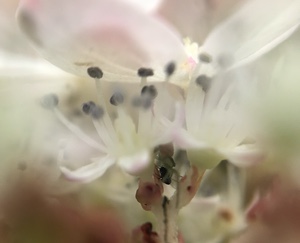
The Wisdom of Plants and the Future of Fashion
By Daria Dorosh • October 1, 2021
A pioneering advocate of sustainable fashion asks us to look to weeds for clothing inspiration.
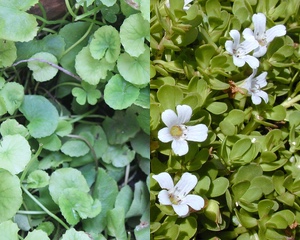
Two of the Greatest ‘Healing Weeds’ in the World
By Nimal Chandrasena • October 1, 2021
An expert in the utilization of colonizing weed species profiles two highly significant medicinal plants from Eastern cultures.
Issue 3: September 2021
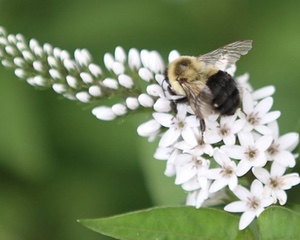
Bee battles: why our native pollinators are losing the war
By Kelsey K. Graham • September 1, 2021
As global commerce grows, the movement of goods is occurring at ever-faster rates. And with increased global trade comes the spread of non-native species. This includes invasive insects that are making life difficult for domestic bees.
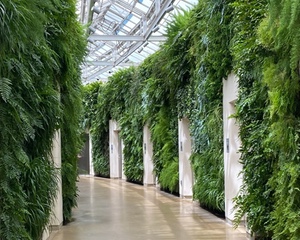
15 Health and Well-being Benefits of Plants
By Charles Hall and Madeline W. Dickson • September 1, 2021
Why plants make us more resilient and help safeguard our future
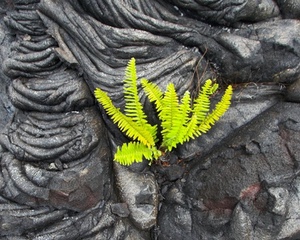
Why Some Species Thrive after Catastrophe – Rules for Making the Most of an Apocalypse
By Nicholas R. Longrich • September 1, 2021
Sixty-six million years ago, an asteroid struck the Earth. The world was plunged into darkness, killing the dinosaurs and over 90% of all species alive. Today, every living thing descends from the handful of surviving species. But not all survivors thrived.
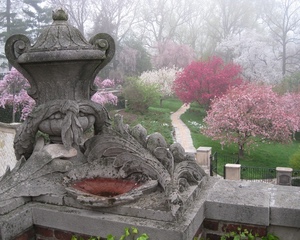
Dumbarton Oaks Gardens; Celebrating Landscape and Legacy
By Liz Macklin • September 1, 2021
This year with a fanfare of blossoms and new energy in programs blending science and the arts, Dumbarton Oaks marks its one hundredth anniversary.
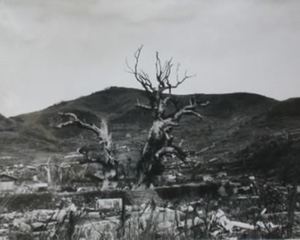
Life Always Wins. Follow Me.
By Richard Harkess • September 1, 2021
A botanist is introduced to escapees from the atomic bomb in Hiroshima.
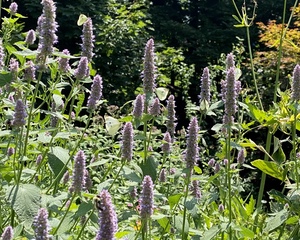
Supporting Pollinators, Yourself, and Your Ecological Community with Anise Hyssop
By Gayil Nalls • September 1, 2021
With fragrance, food, and therapeutic properties, the giant anise hyssop (Agastache foeniculum) can be a big contributor to an eco-community.
Issue 2: August 2021
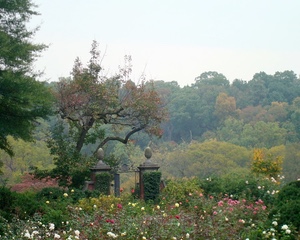
Rediscovering Dumbarton Oaks and one of America’s First Landscape Architects
By Liz Macklin • August 1, 2021
Liz Macklin explores the historic garden at Dumbarton Oaks with Director of Garden and Grounds, Jonathan Kavalier, and discuss the genius of Beatrix Farrand’s design and ways to meet challenges in today’s gardens.
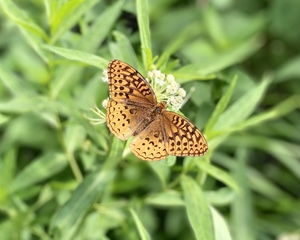
We Crush, Poison, and Destroy Our Insects at Our Own Peril
By John Hainze • July 1, 2021
Insects are escape artists. Now they face a threat more pernicious than predation.
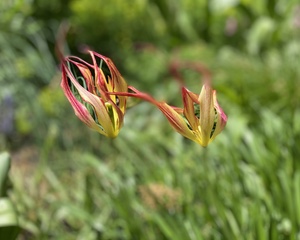
Can Plants Think?
By Stuart Thompson • July 1, 2021
They could one day force us to change our definition of intelligence
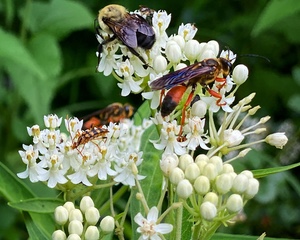
Why Do Flowers Smell?
By Richard Harkess • July 1, 2021
Animal pollinators can carry pollen from one flower’s stigma to another flower’s ovule as they forage for food
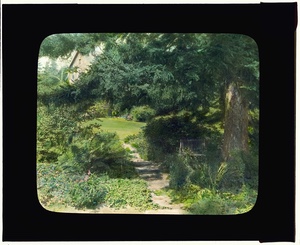
The Plan of the Grounds
By Beatrix Farrand • July 1, 2021
Excepted from the Reef Point Gardens Bulletin, Vol. 1, No. 3, September, 1948
Issue 1: July 2021
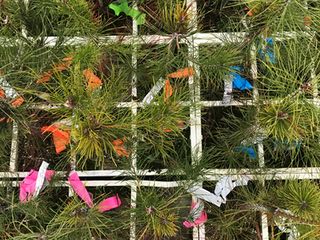
How to Plant the Forests of the Future
By Lauren Oakes • July 1, 2021
In the past, forest restoration could be informed by what once was. Now we have to make hard decisions about what we’re working toward.
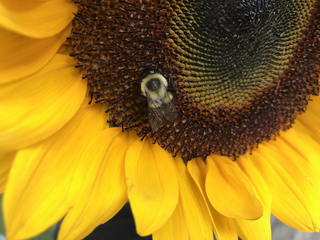
Rising Levels of Carbon Dioxide: It’s personal
By Lewis Ziska • July 1, 2021
A large majority of people, even in the United States, recognize climate change as real, but the percent who are actively changing their lifestyle, aggressively fighting to prevent climate change is much smaller. Why?
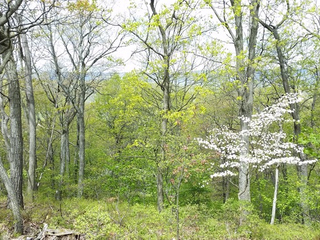
How small family forests can help meet the climate challenge
By Gabriel Popkin • July 1, 2021
This 95-acre woods in south-central Pennsylvania’s ridge-and-valley country is a hunting and hiking refuge co-owned by eight families. As much as he loves it, Leiby knows it could be even better.
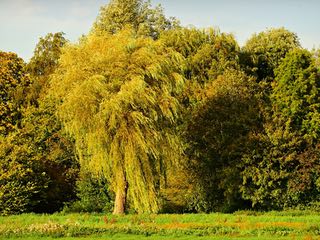
Mind the Gap Between Action and Impact
By Zachary Adams • July 1, 2021
Learning is rapid and reliable when rewards immediately follow the action and slow and even non-existent when rewards are substantially delayed in time.
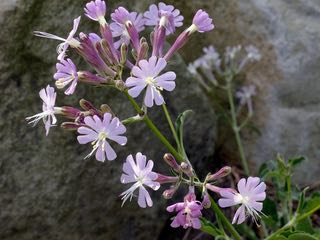
A Rare Plant Conservation Success Story from Gibraltar
By Gayil Nalls • July 1, 2021
Dr. Rhian Guillem of the Gibraltar Botanic Gardens discusses the Gibraltar Campion, Silene tomentosa.
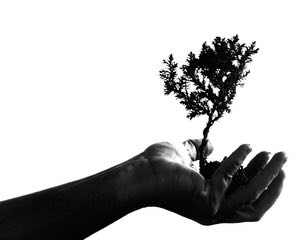
One Thing We Could All Do To Make a Difference
By Gayil Nalls and the WS/C Advisory Board • July 1, 2021
I asked WS/C’s knowledgeable Board of Advisors who have diverse expertise and perspectives to name one thing they think we all can do to make a difference. This is what they said.
